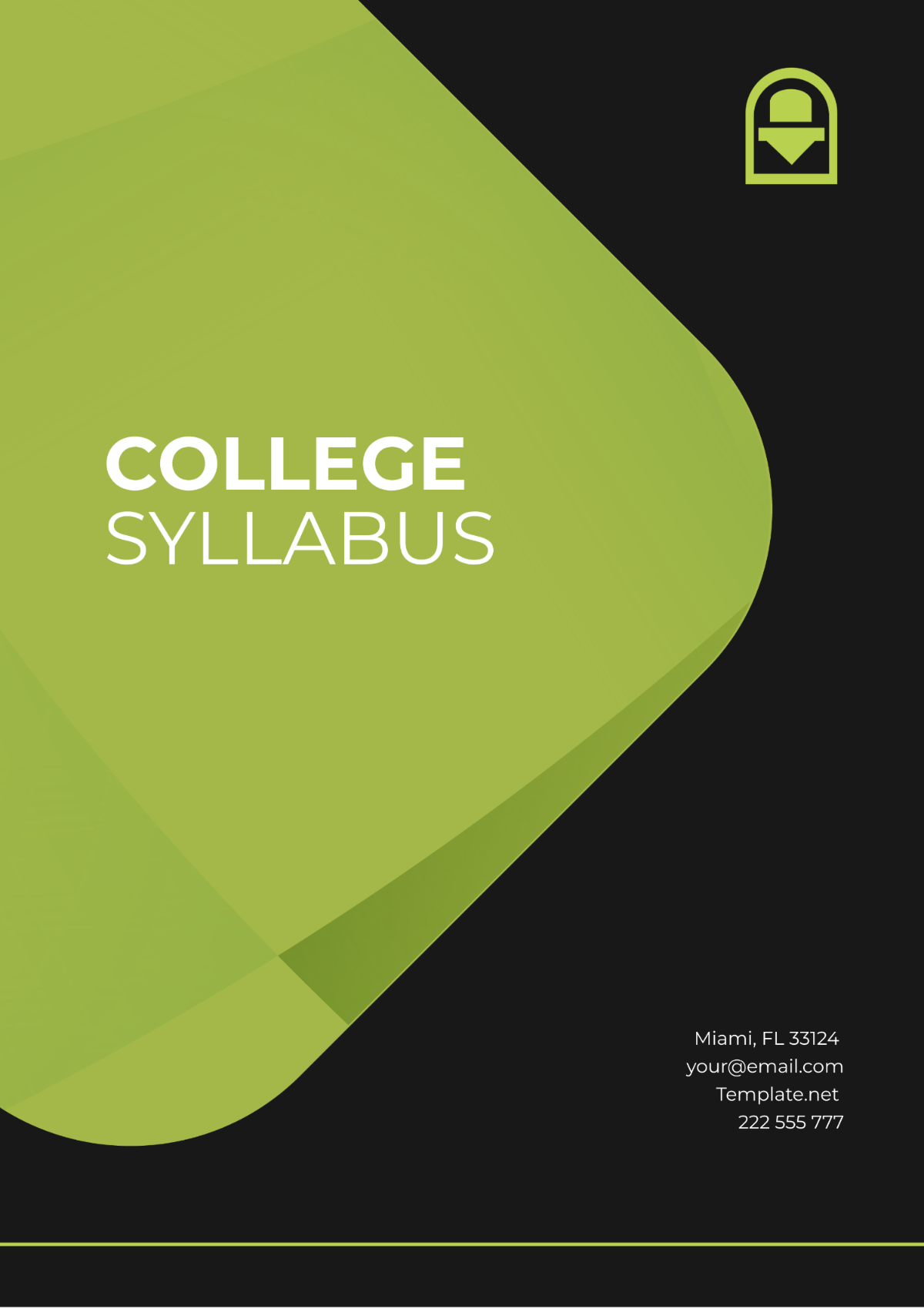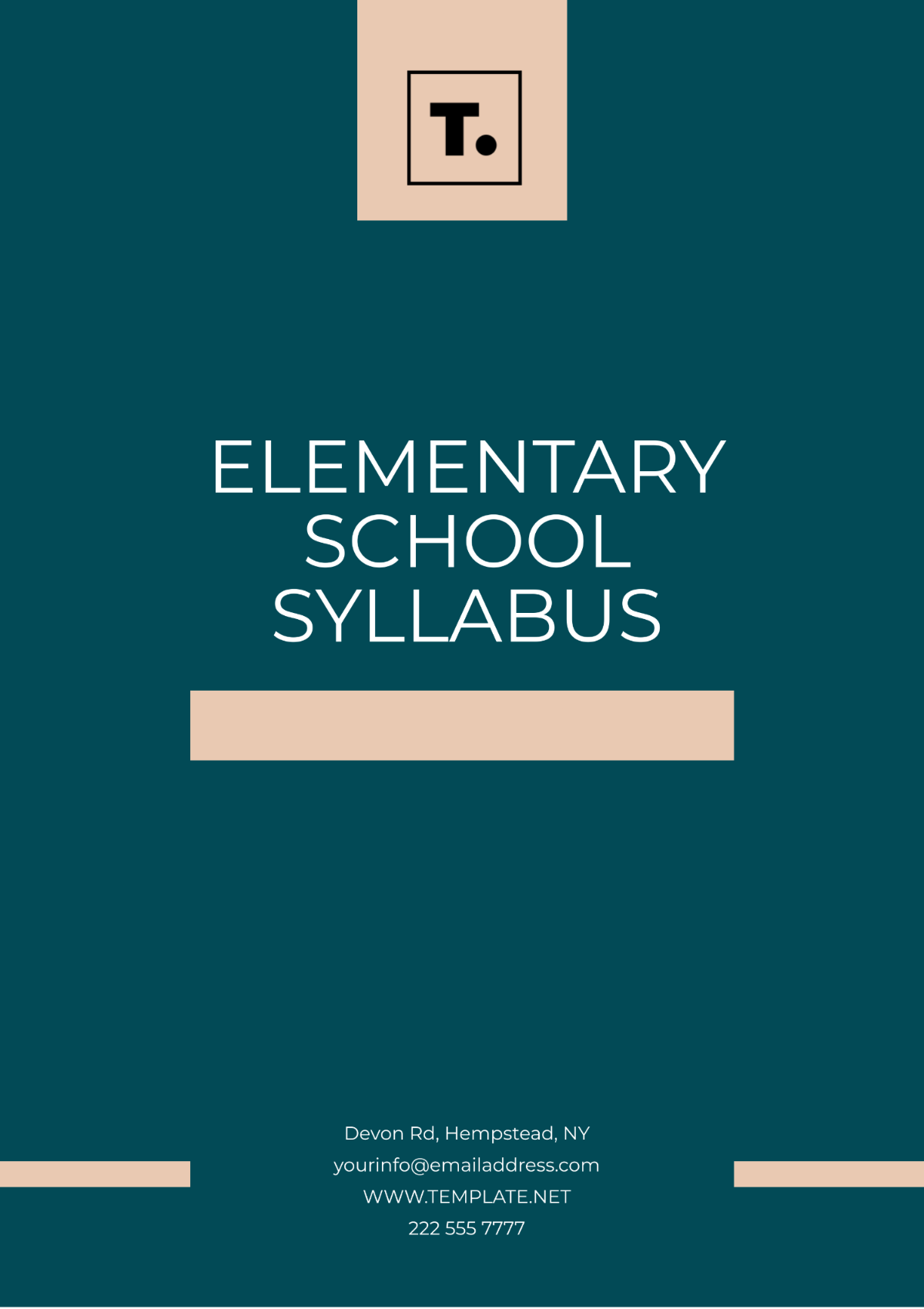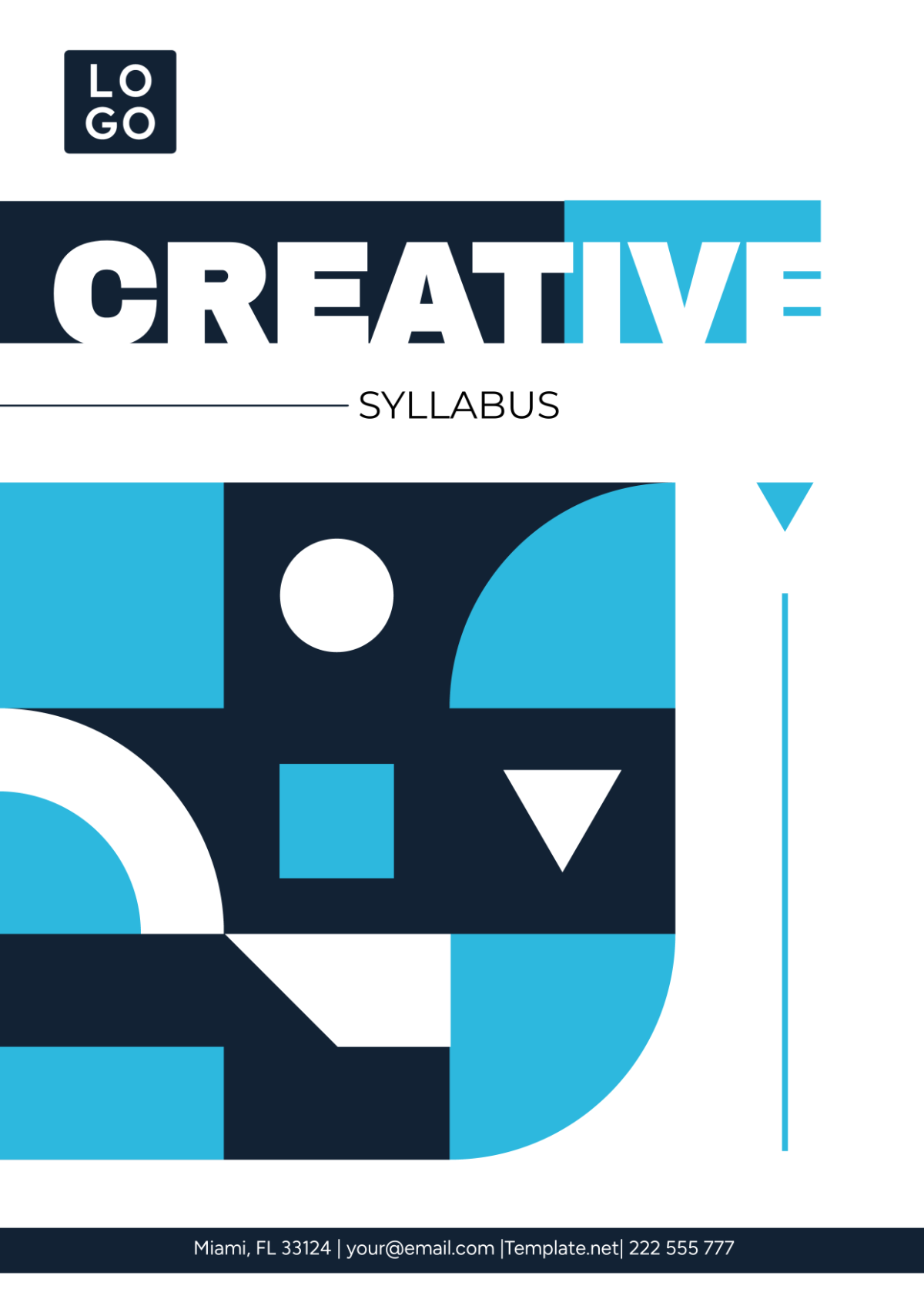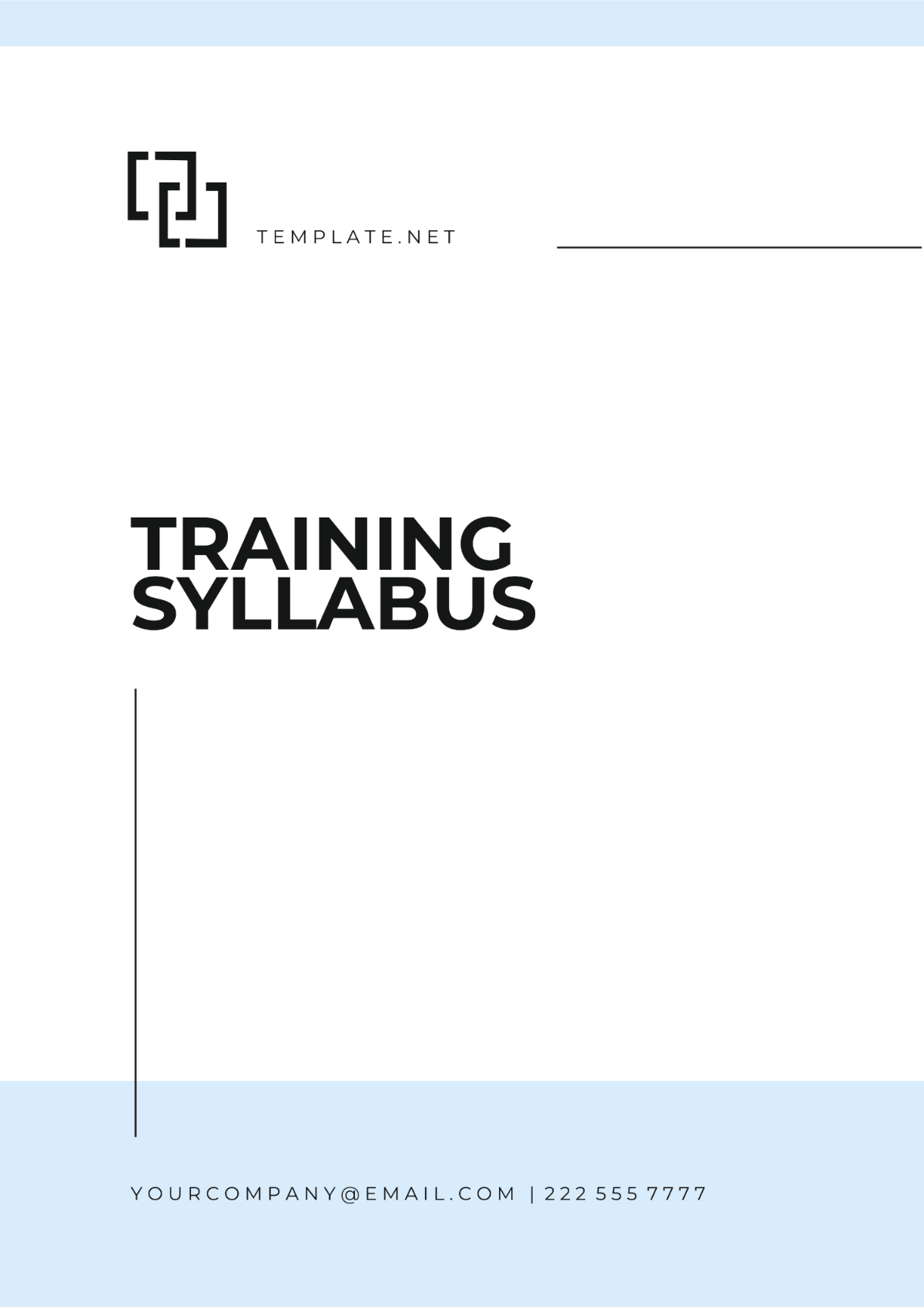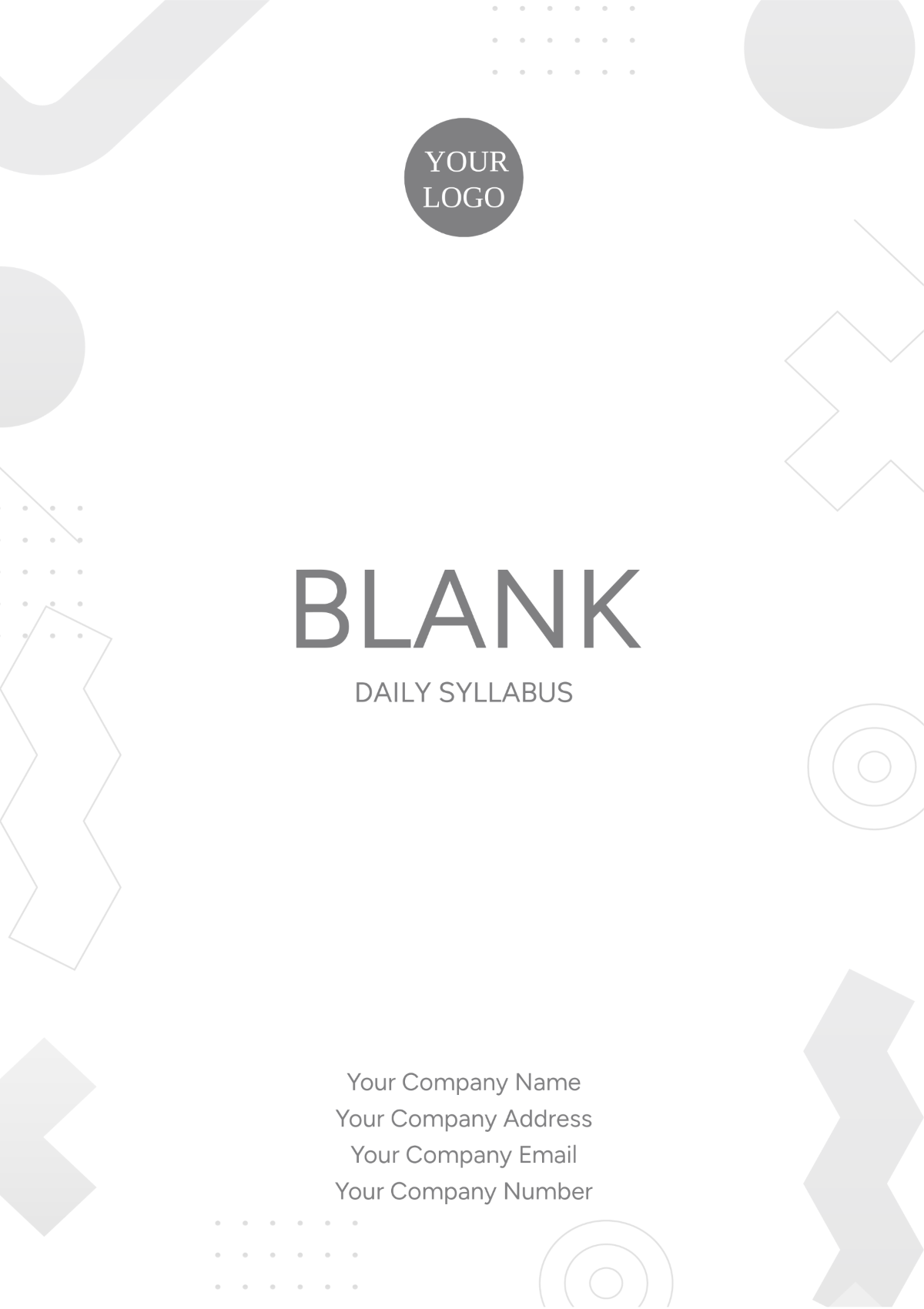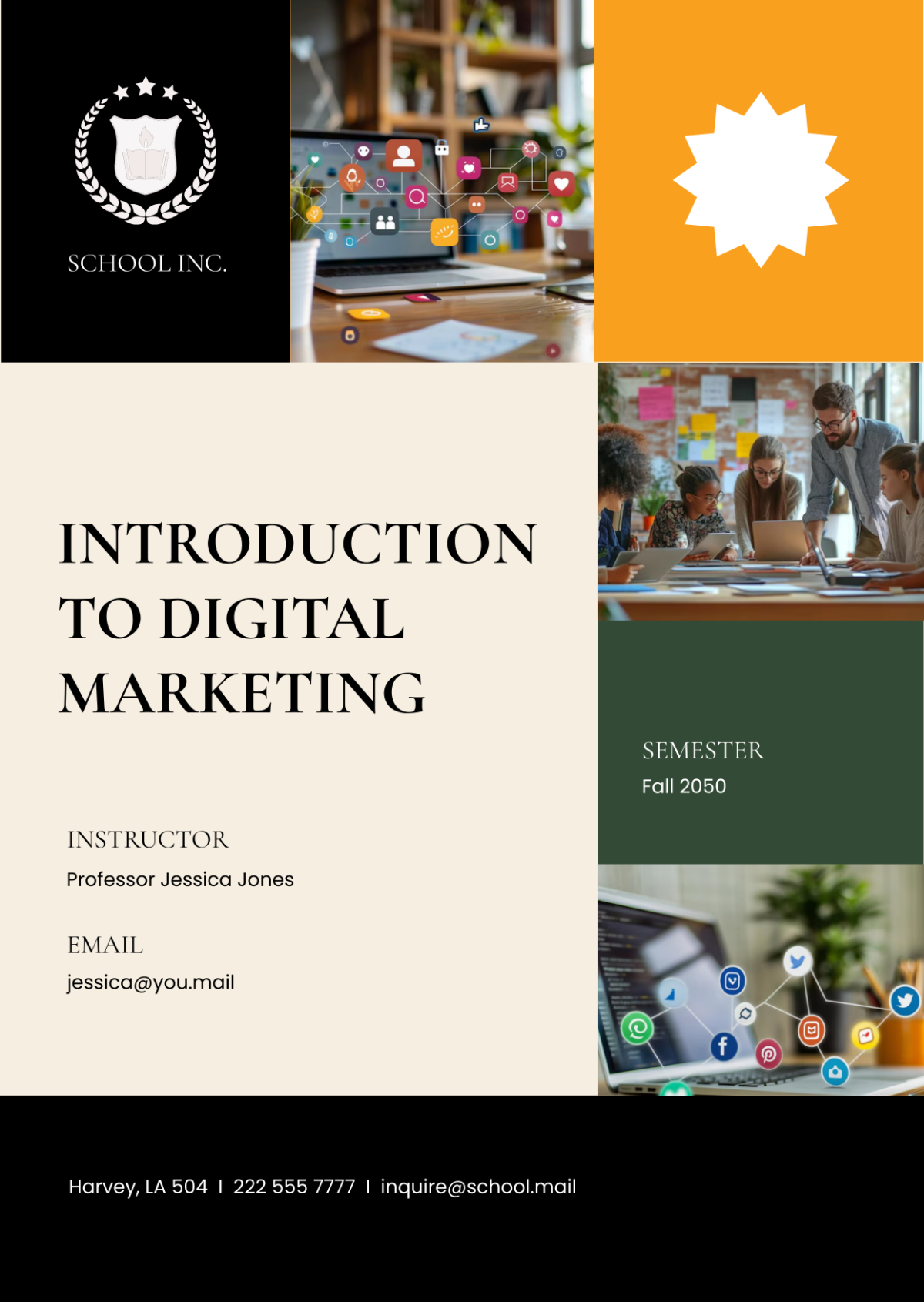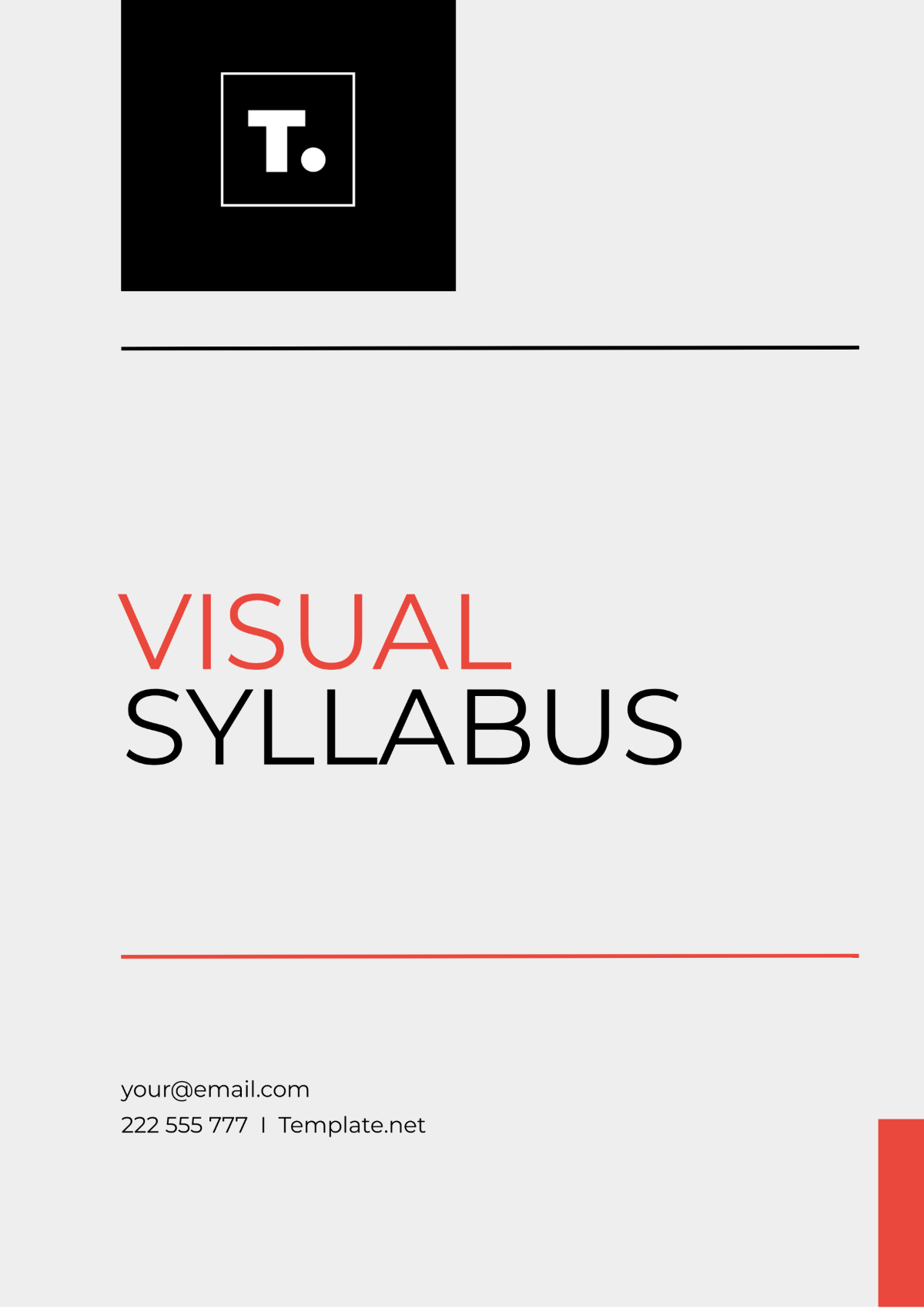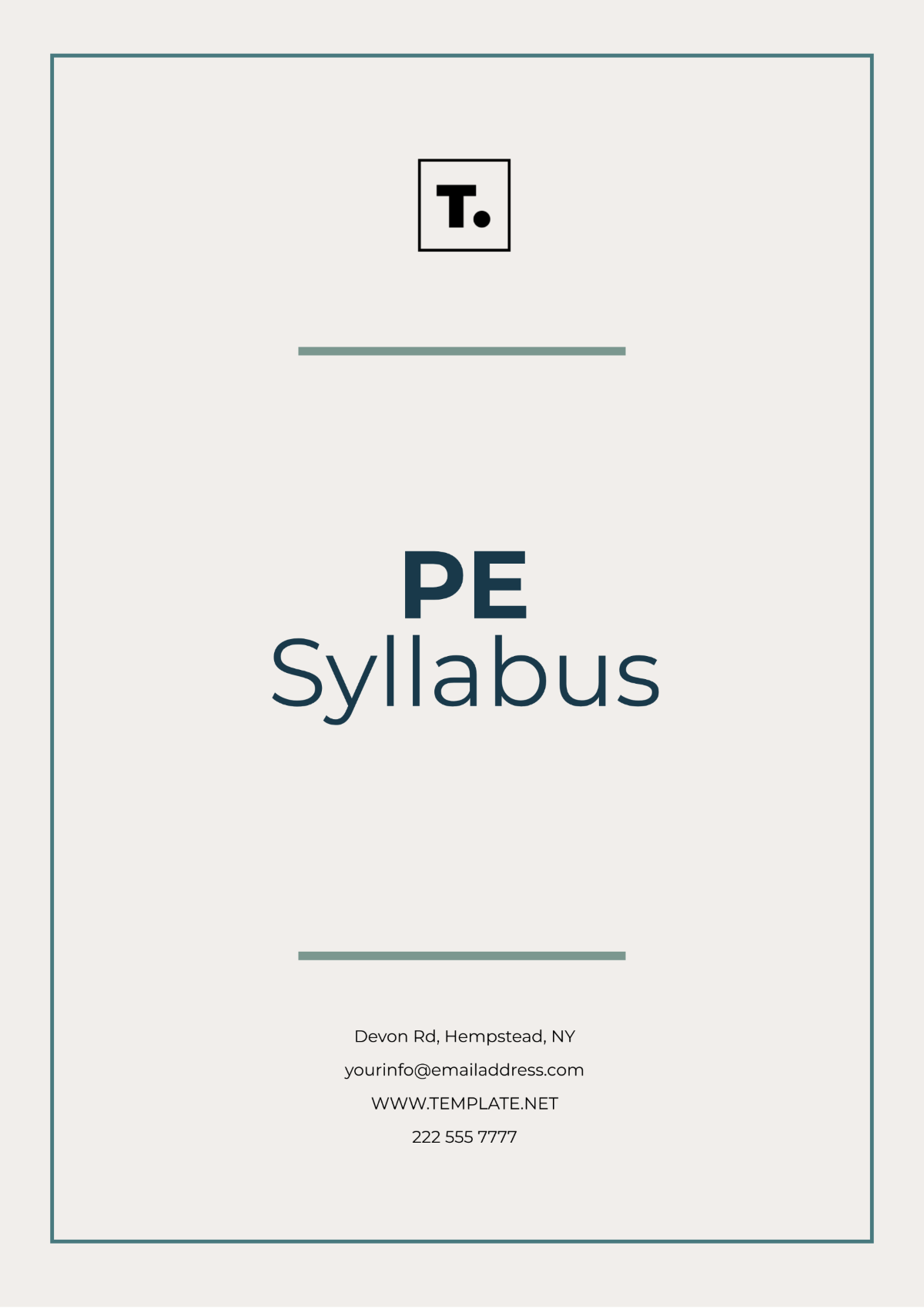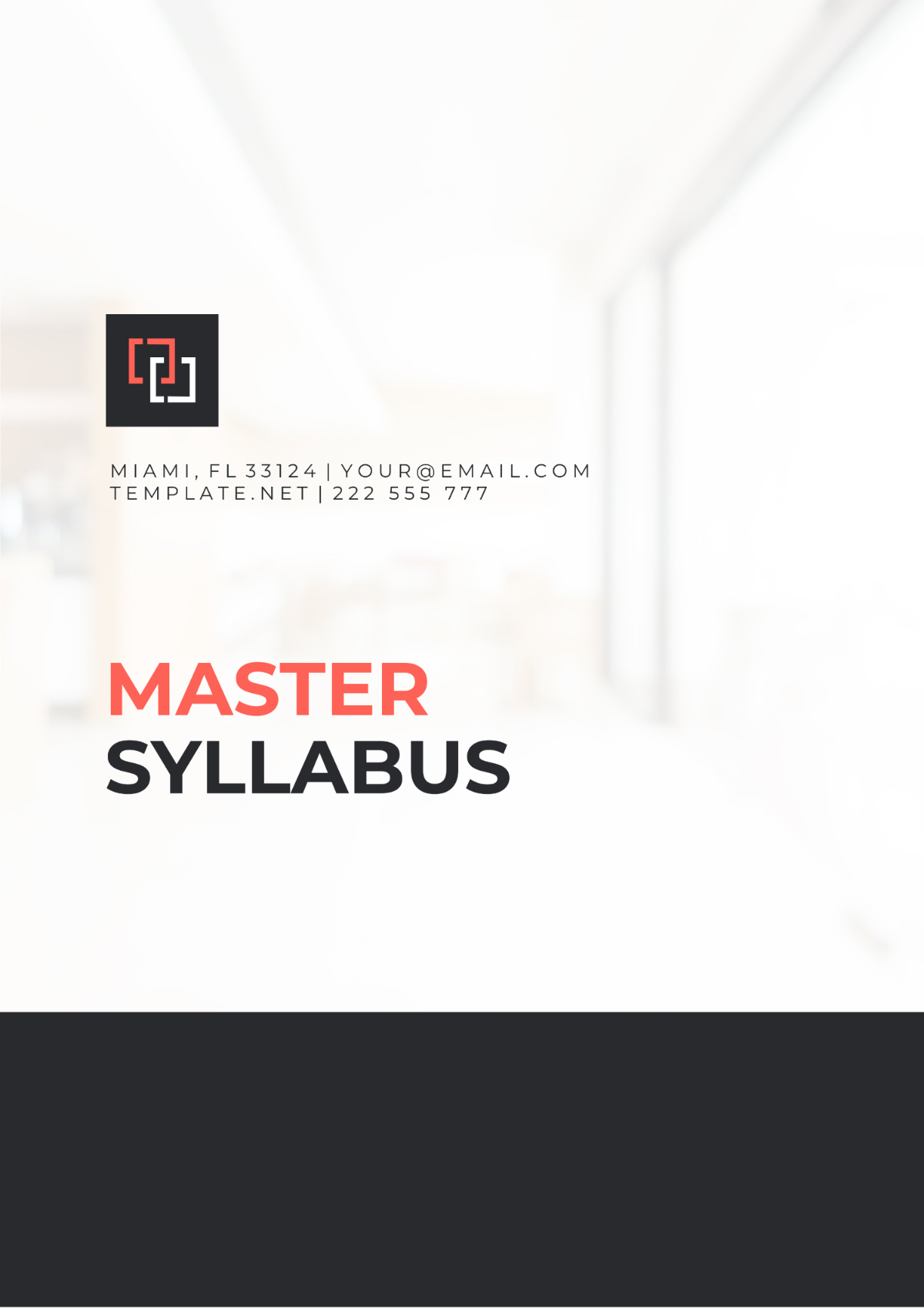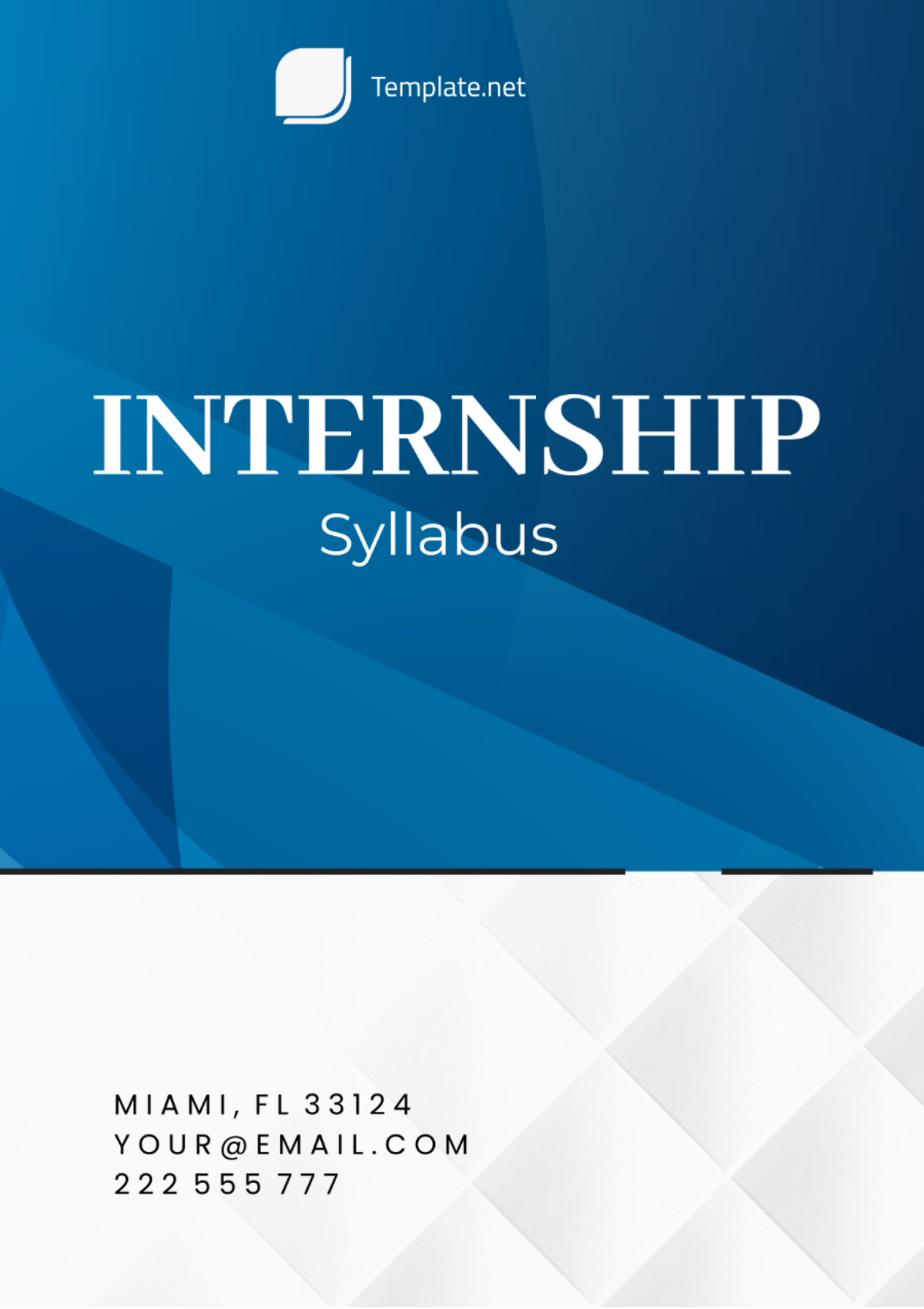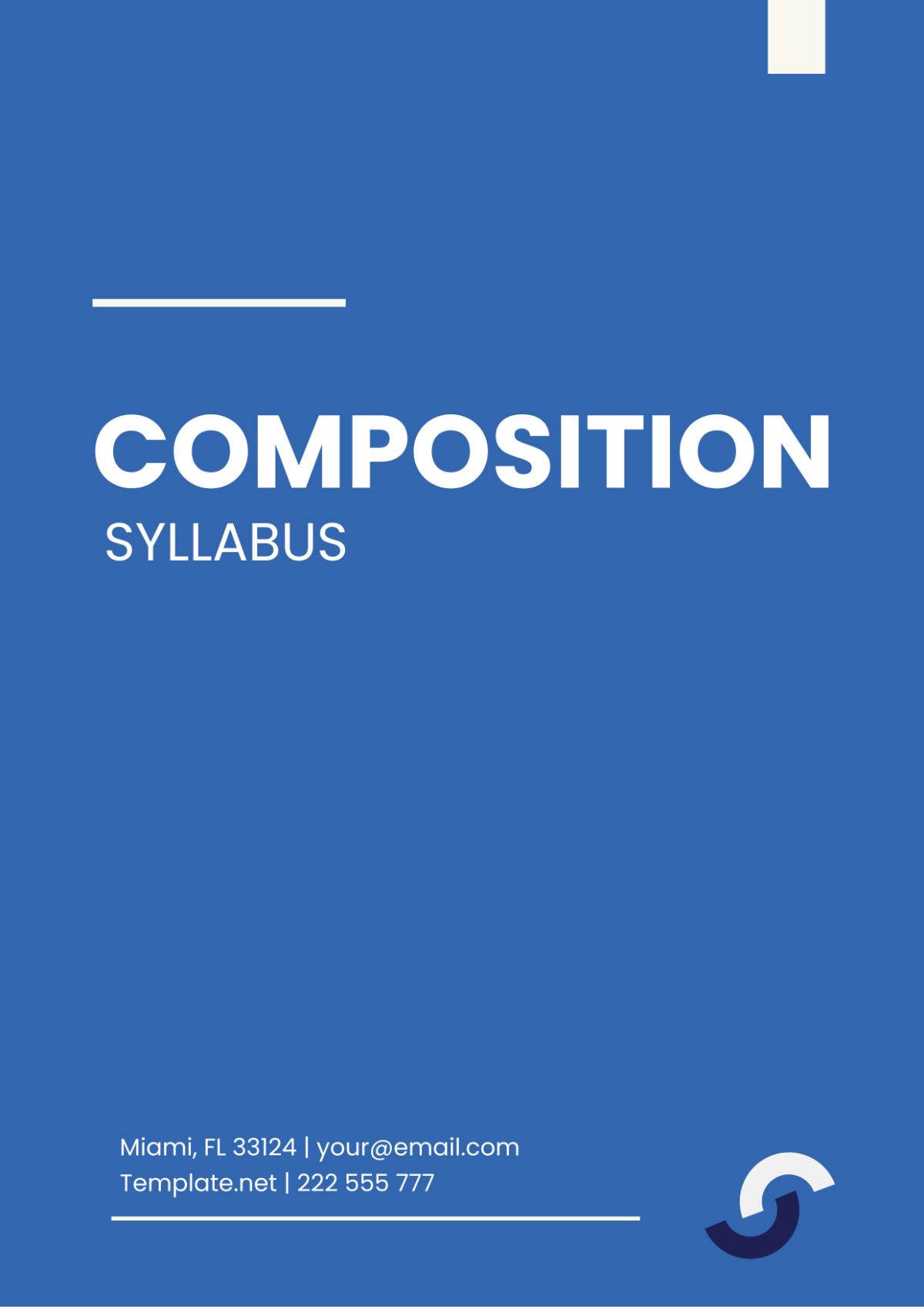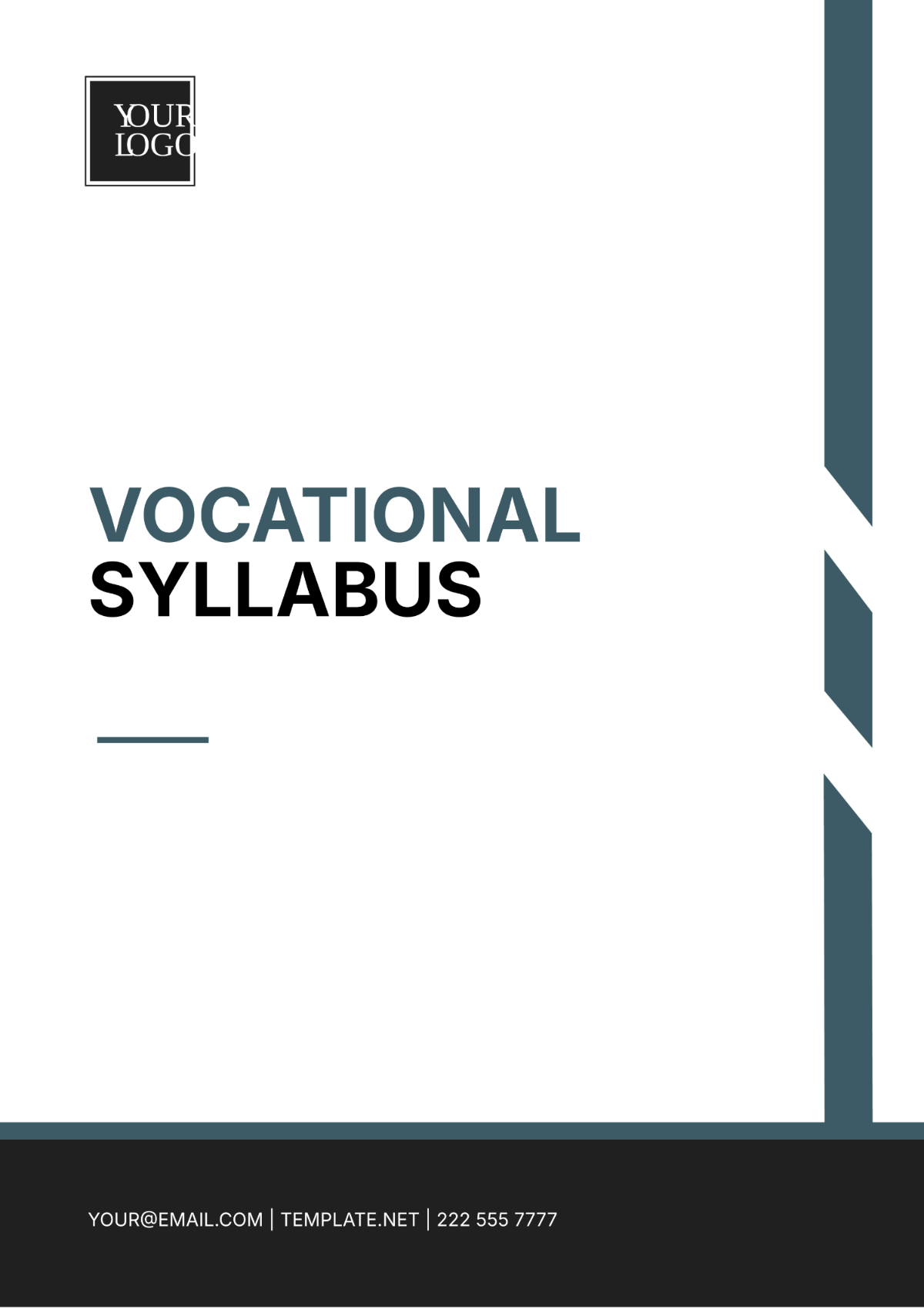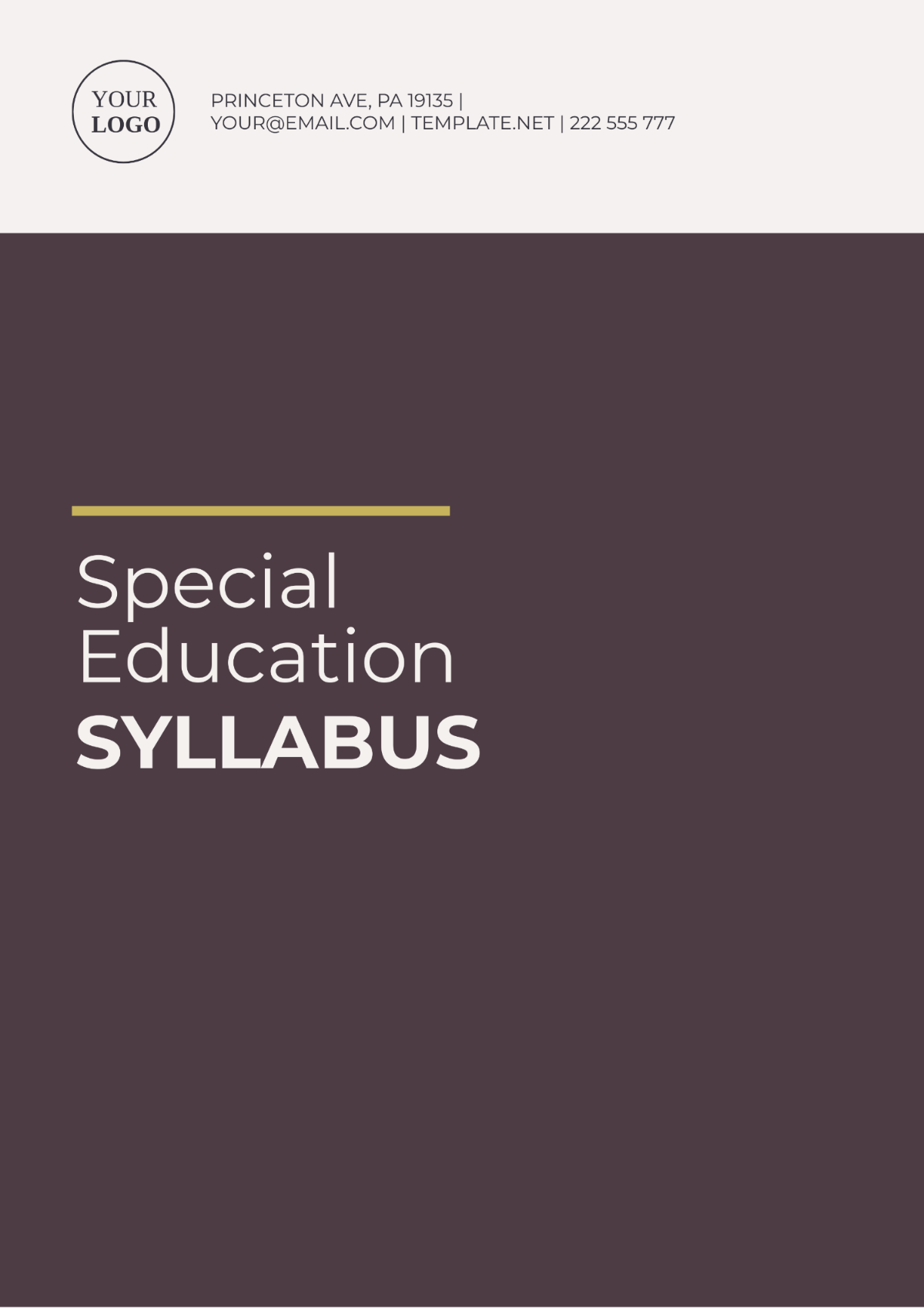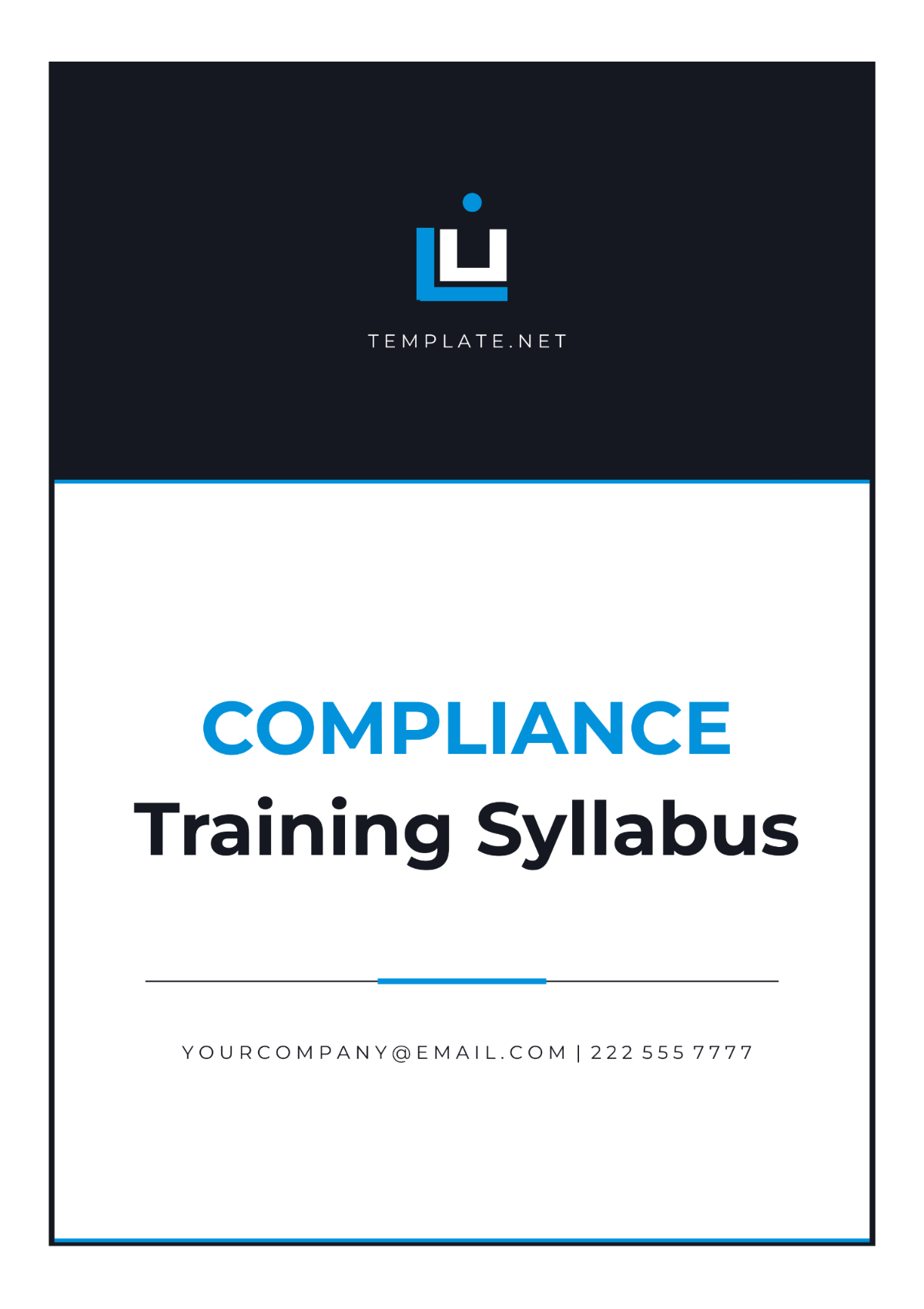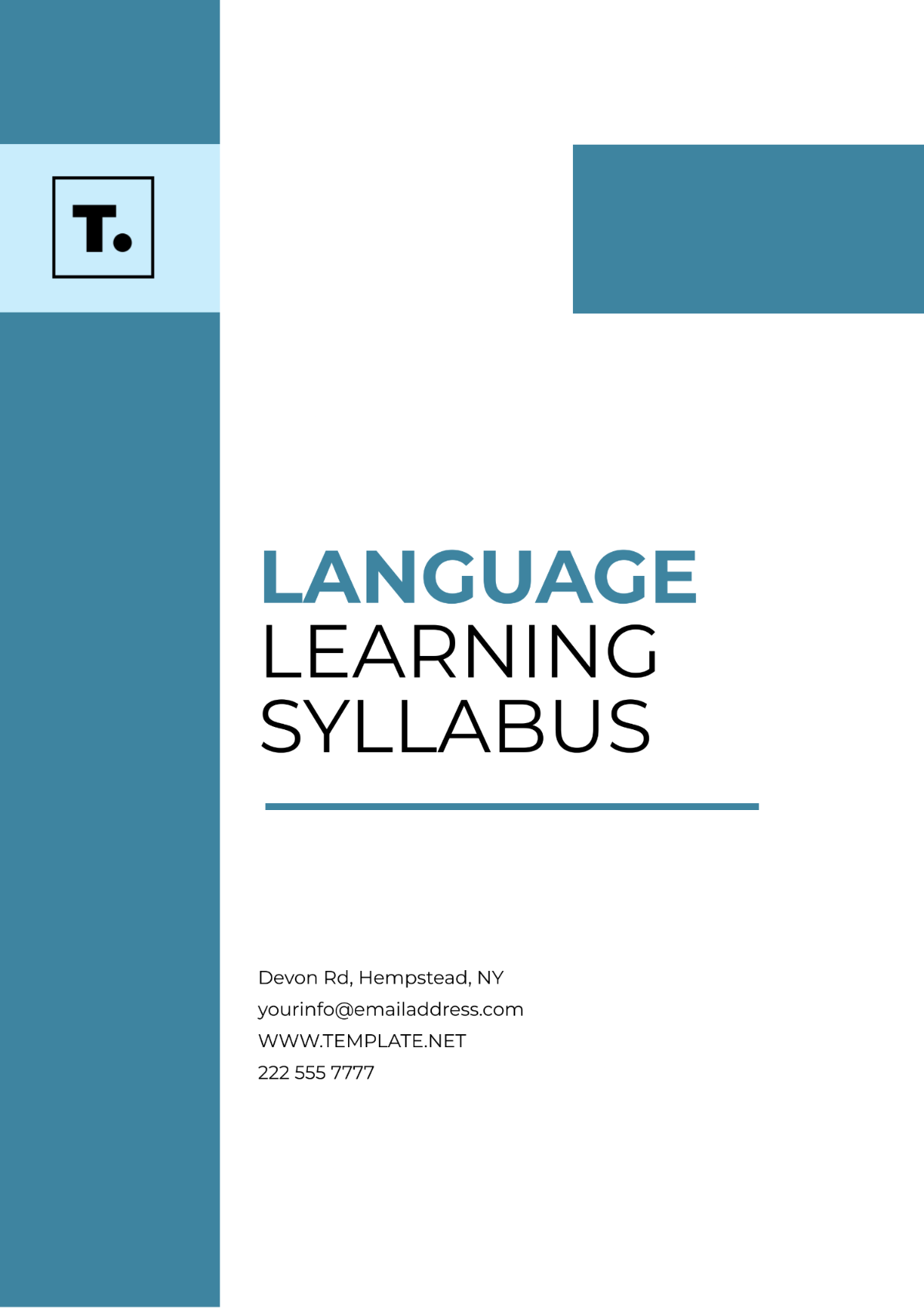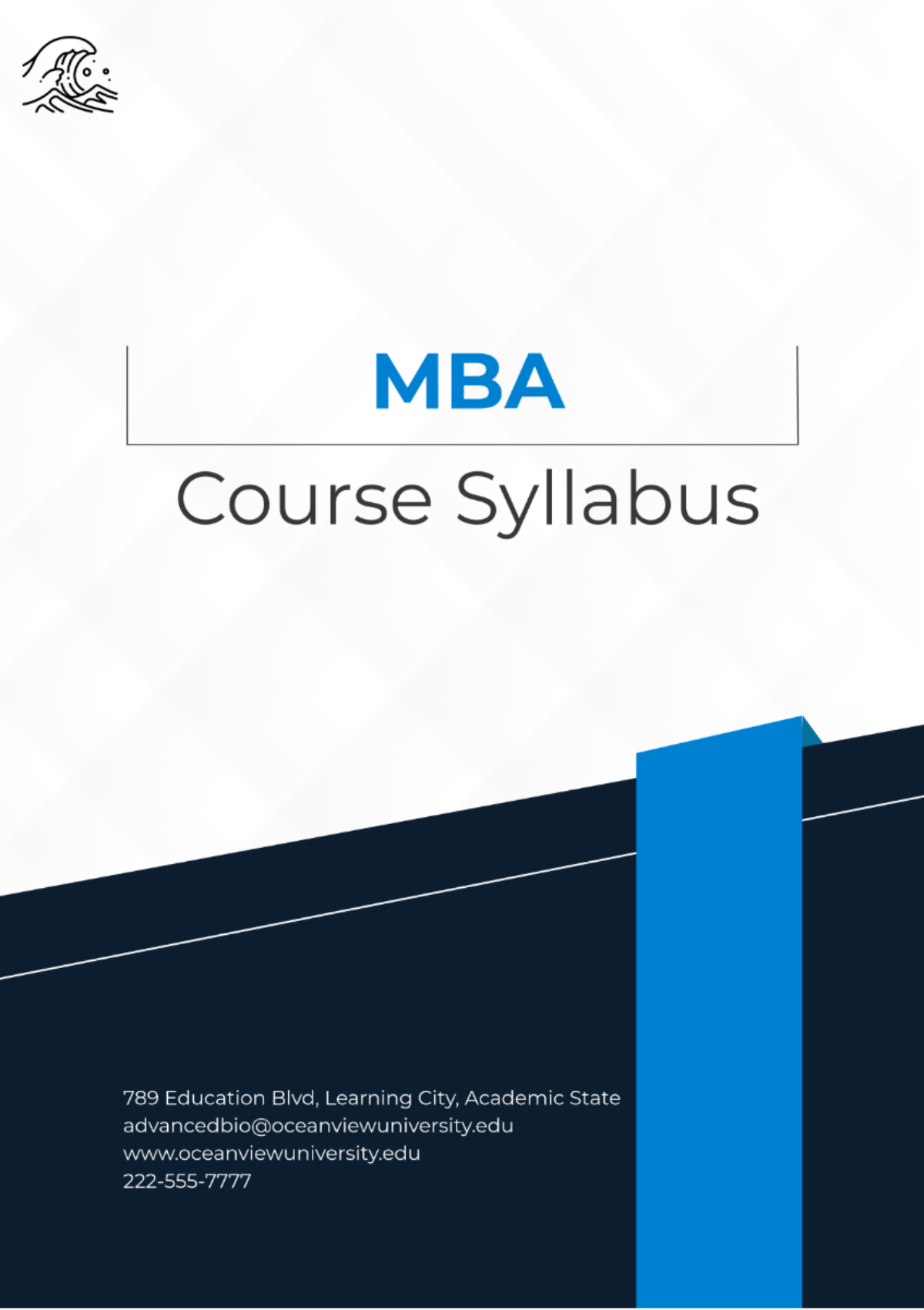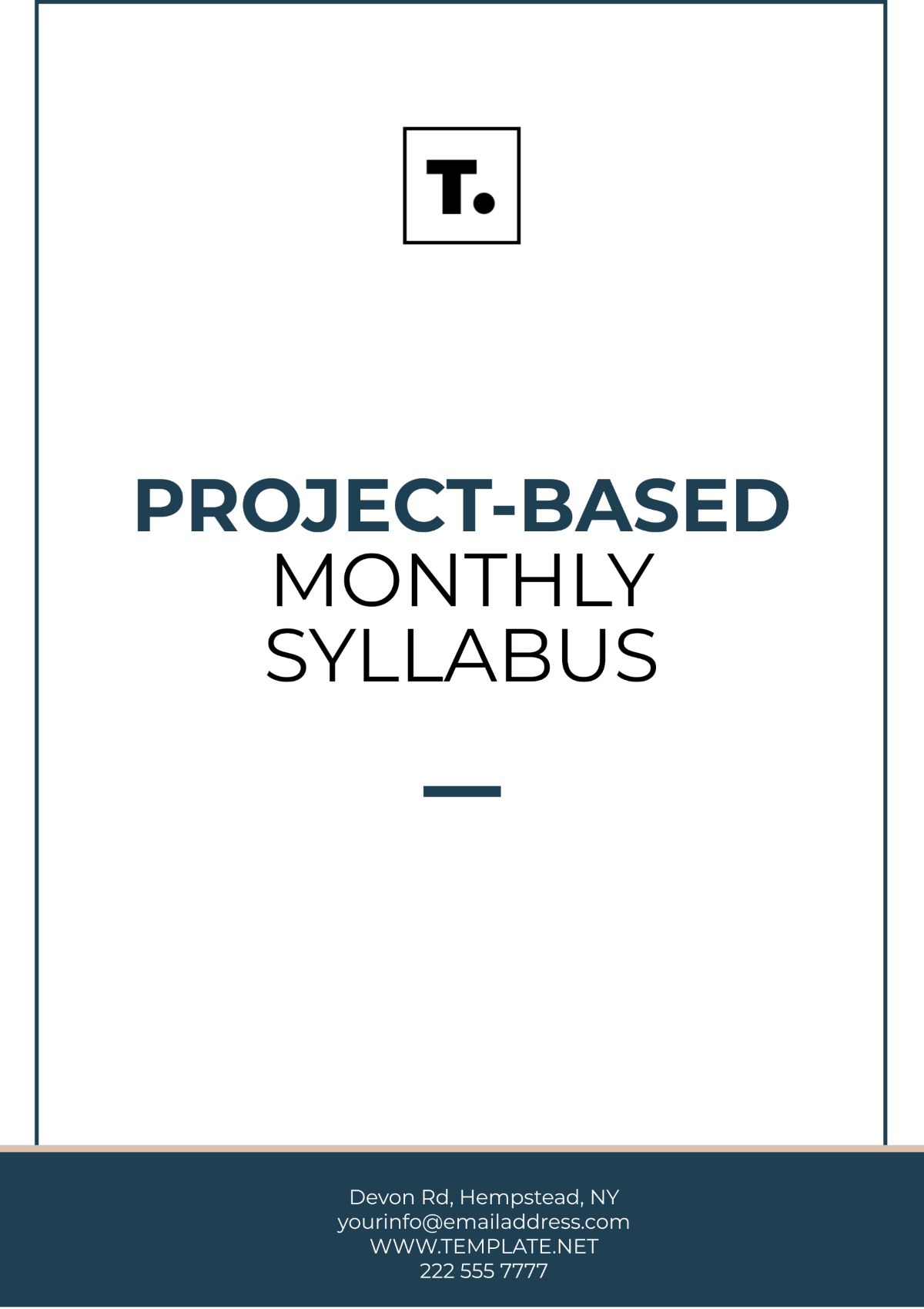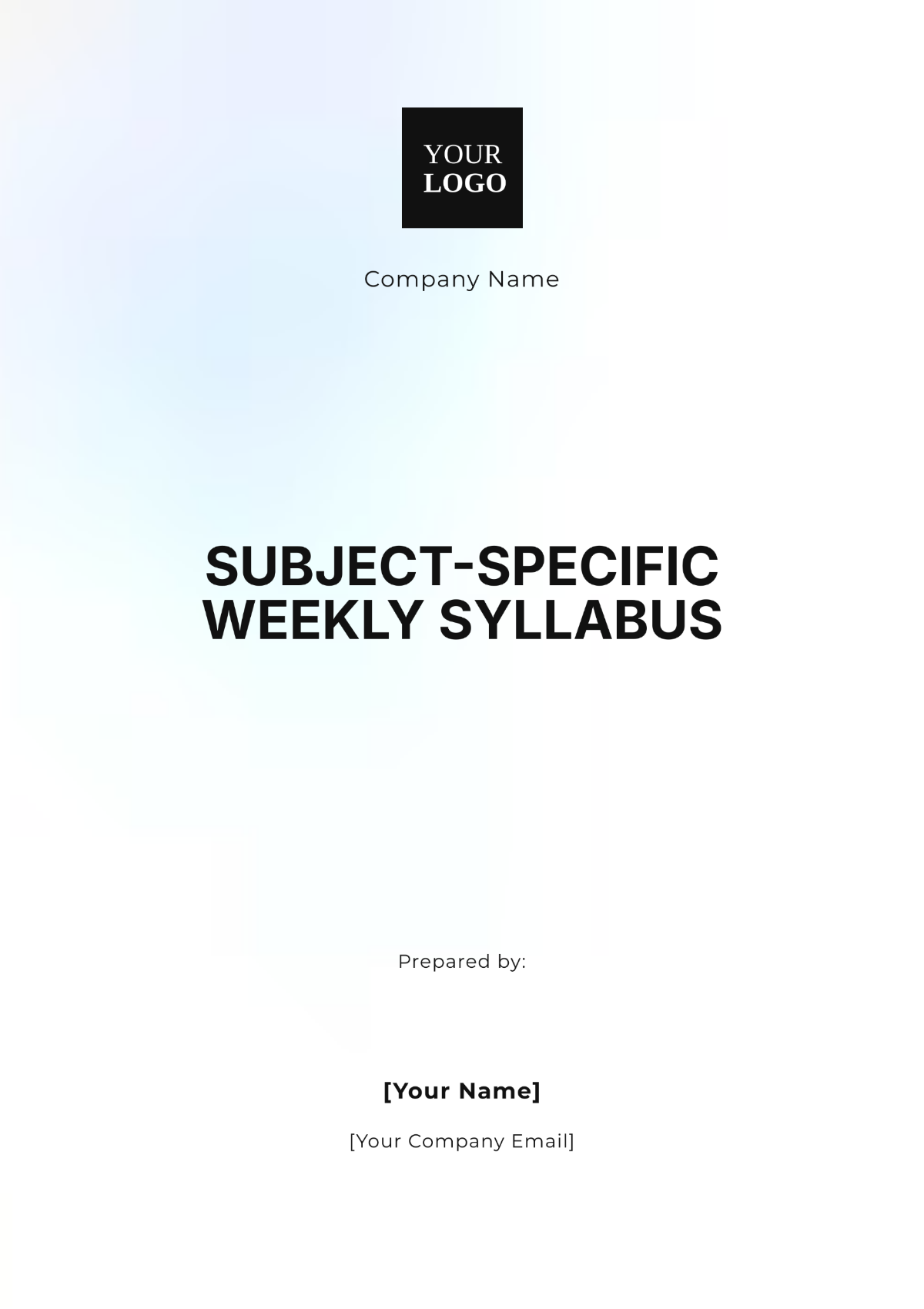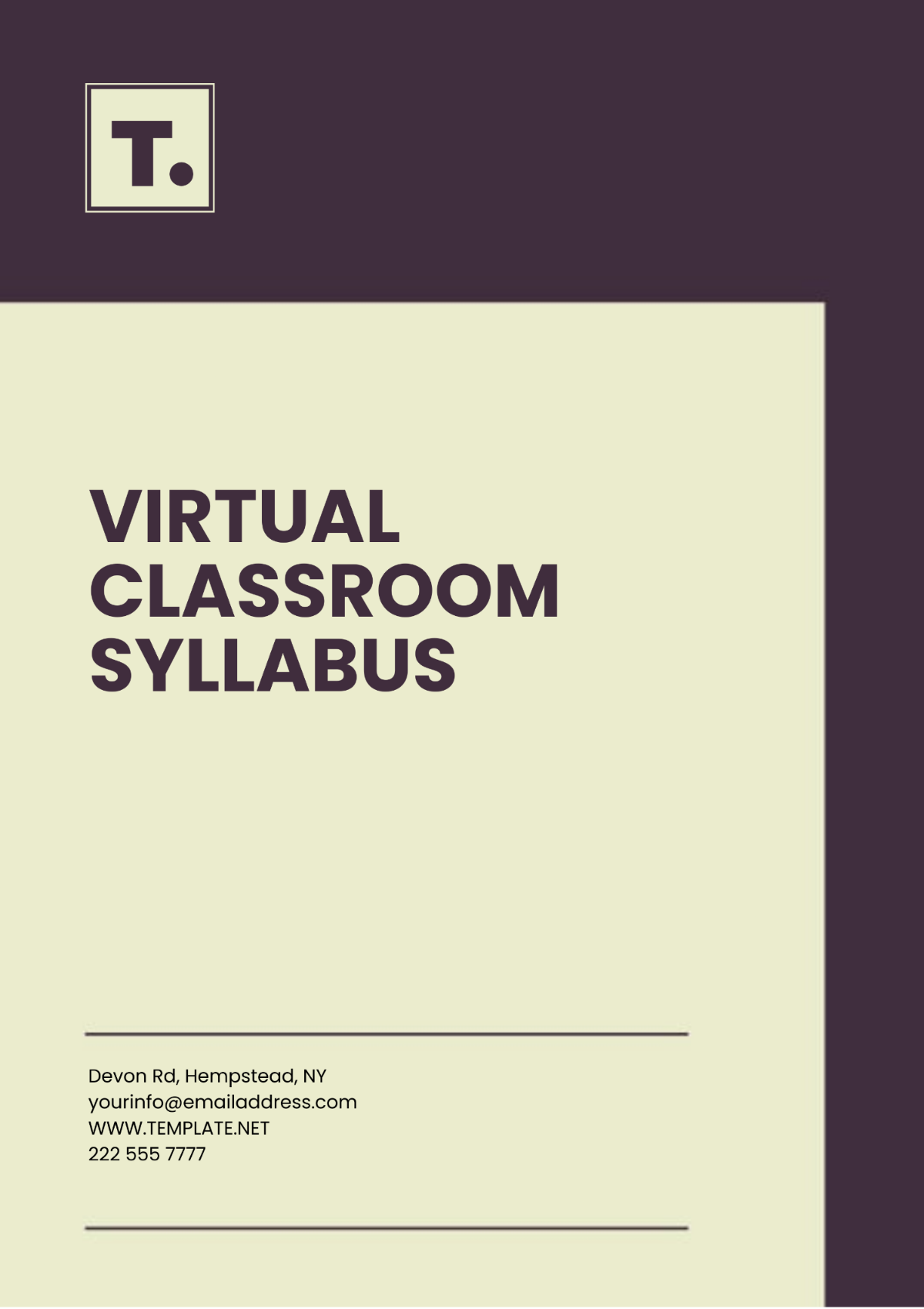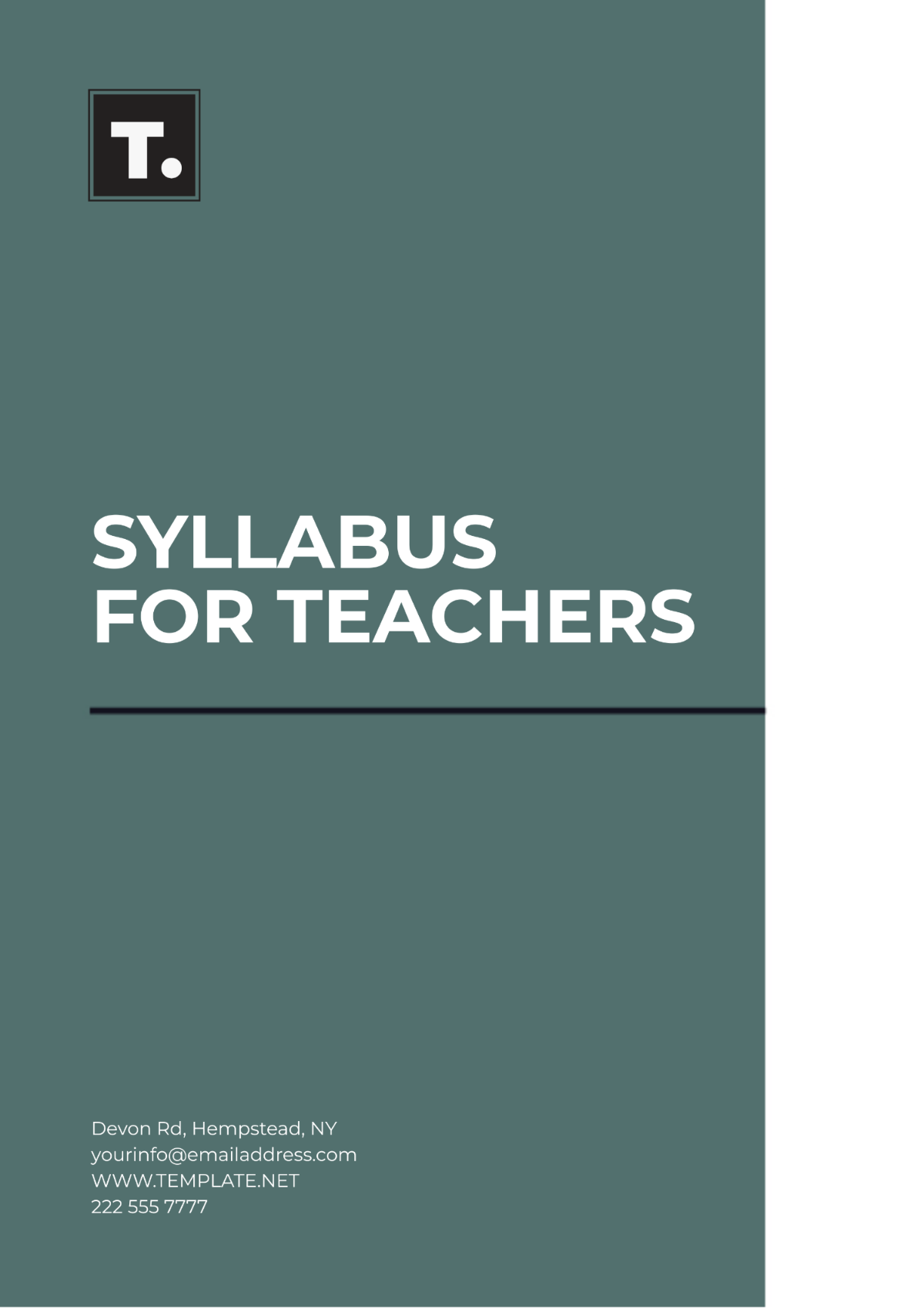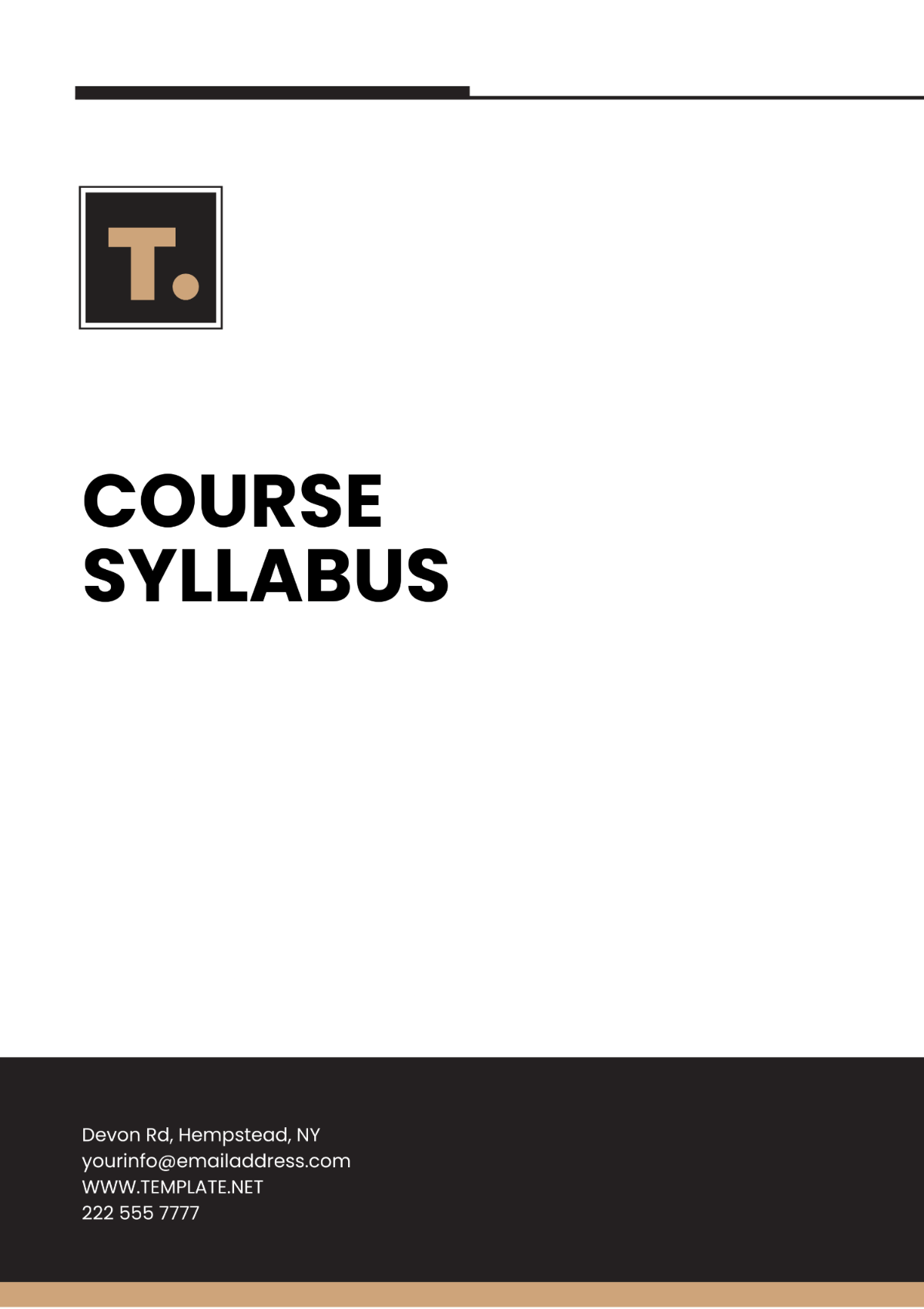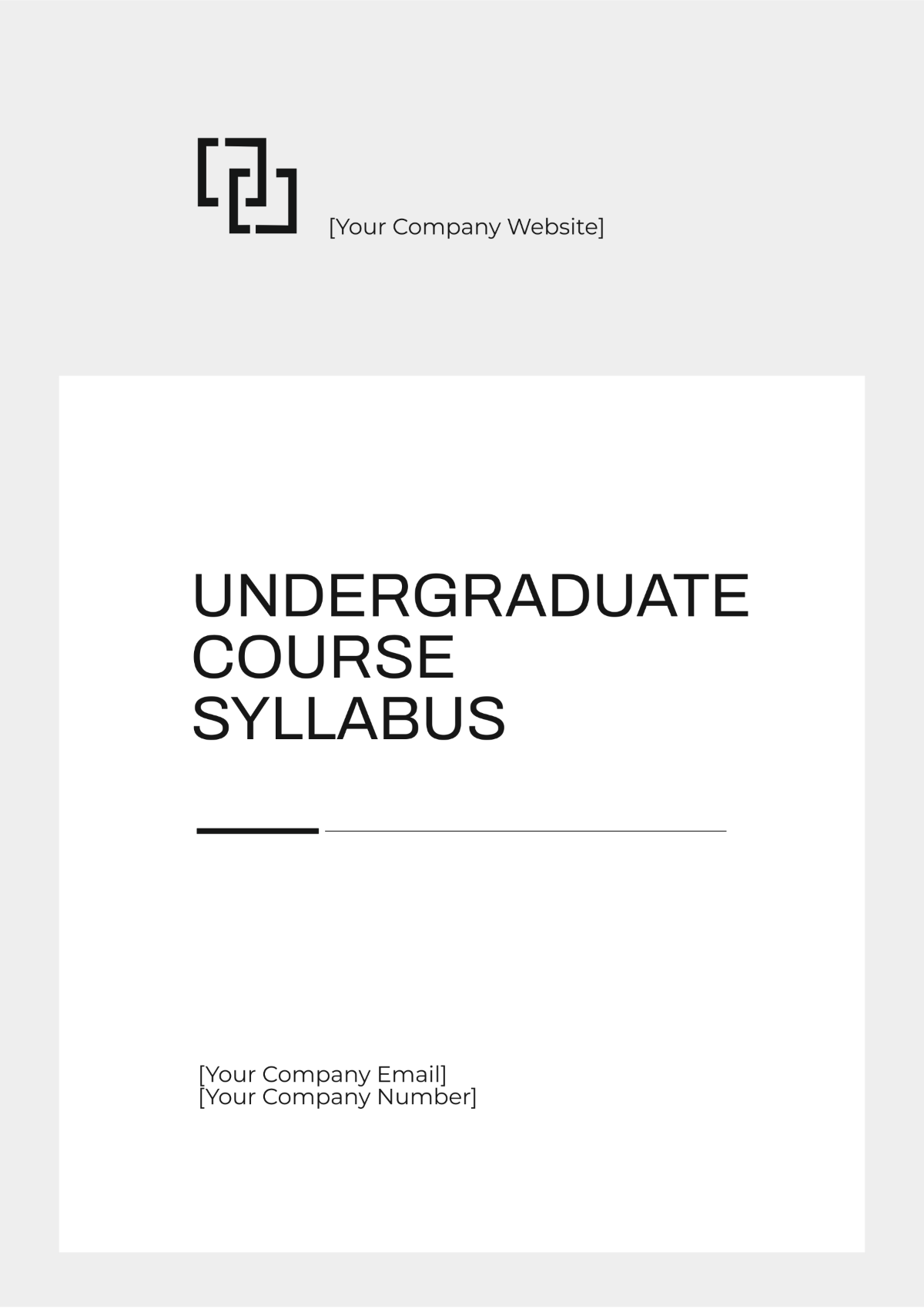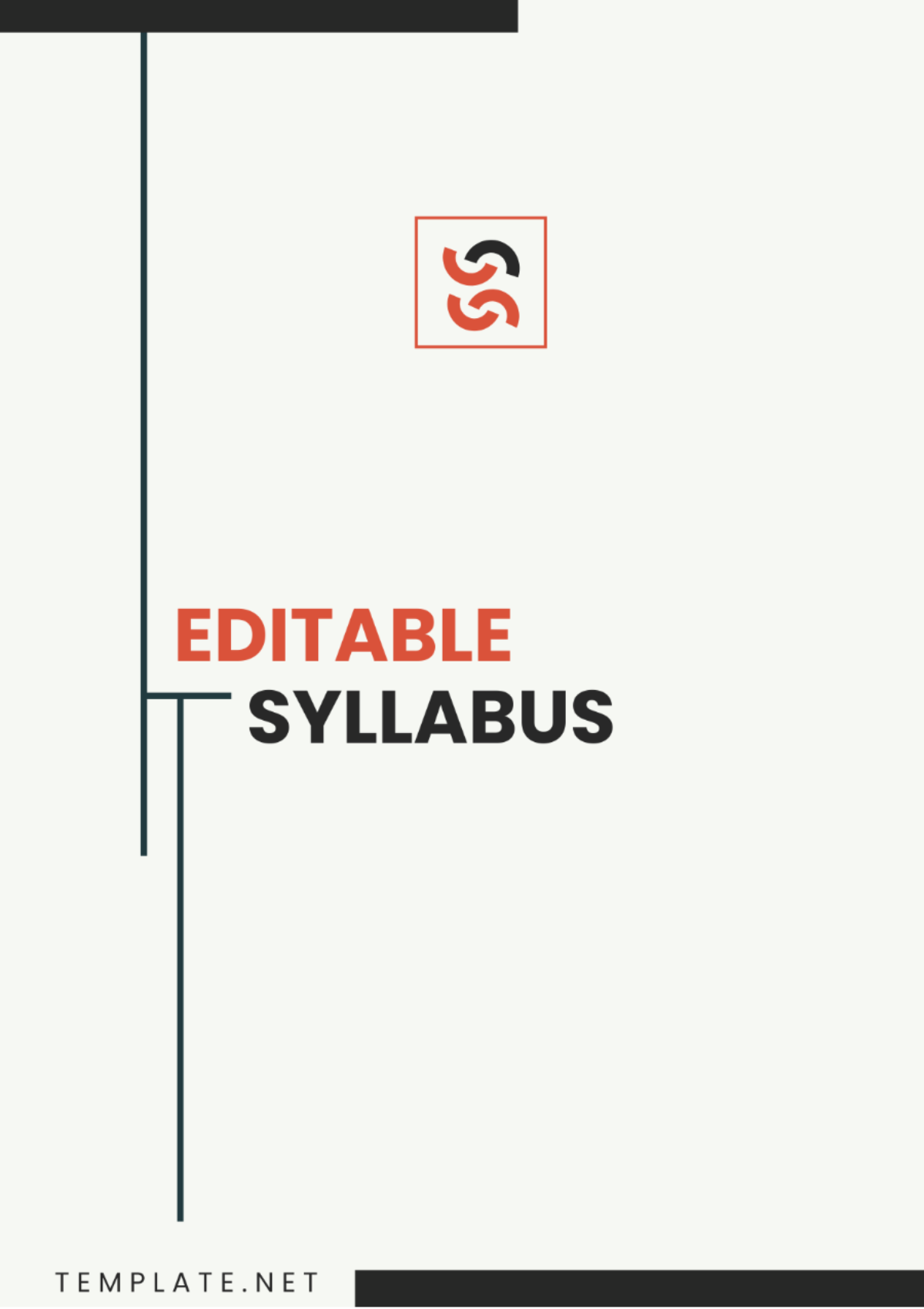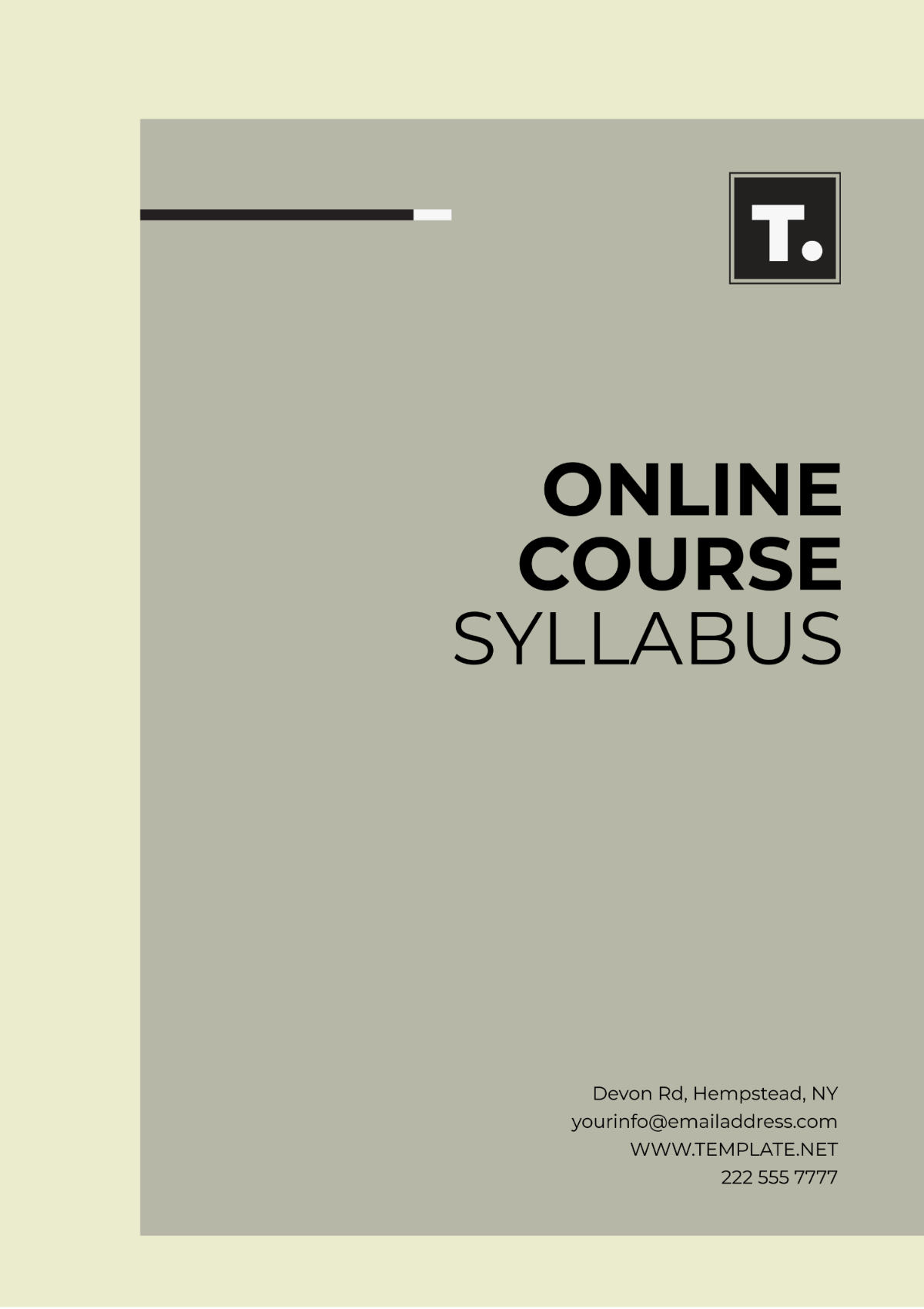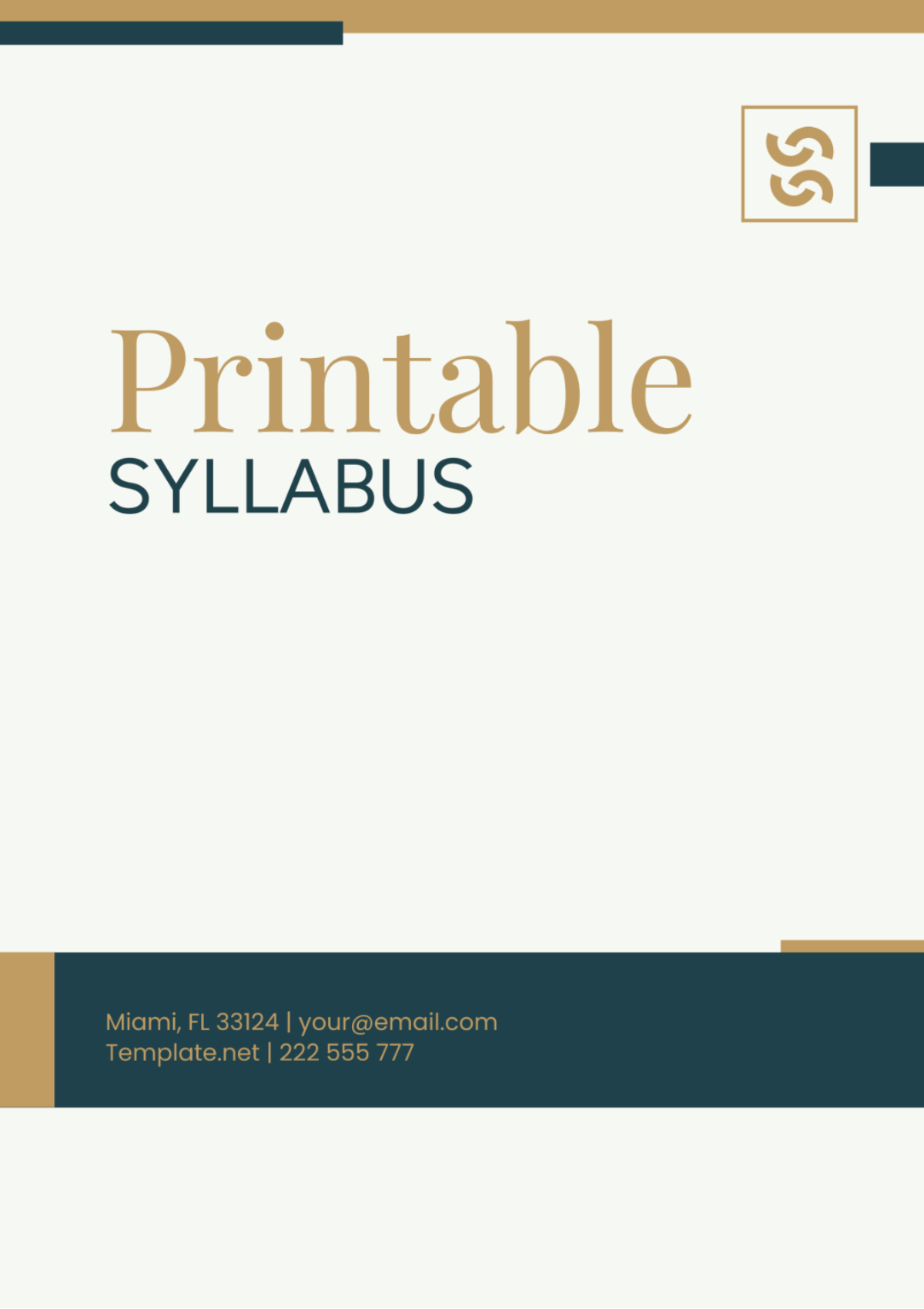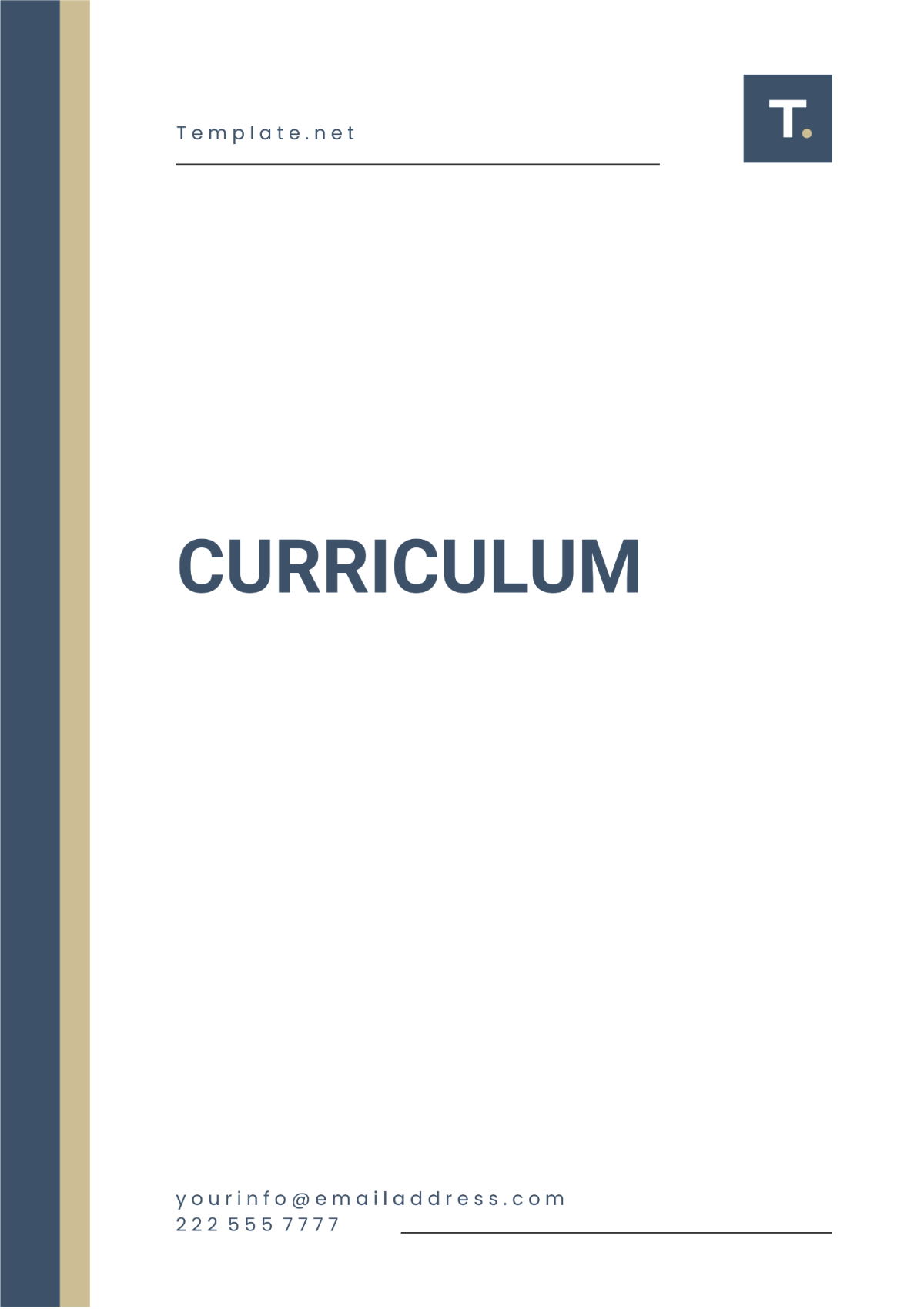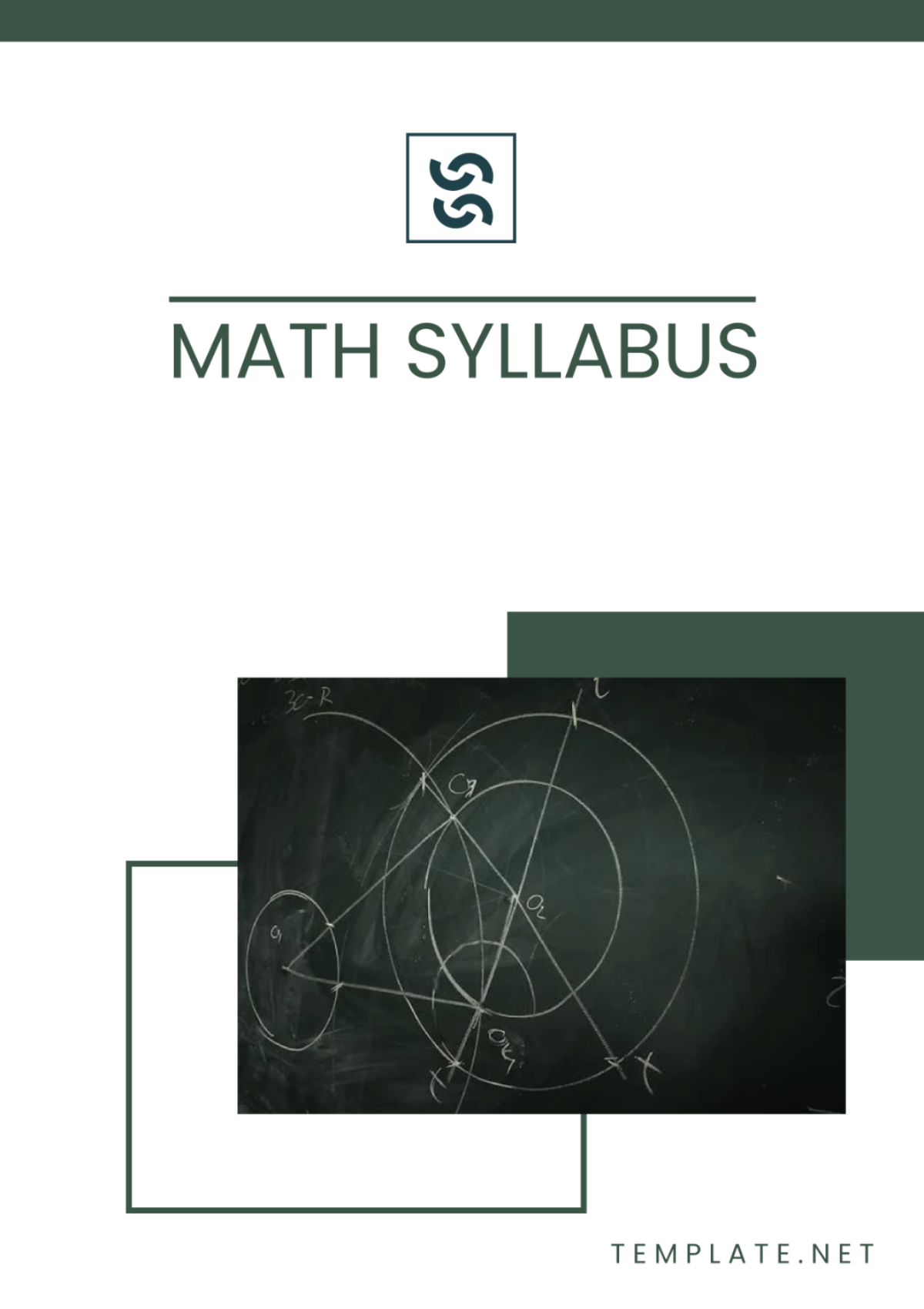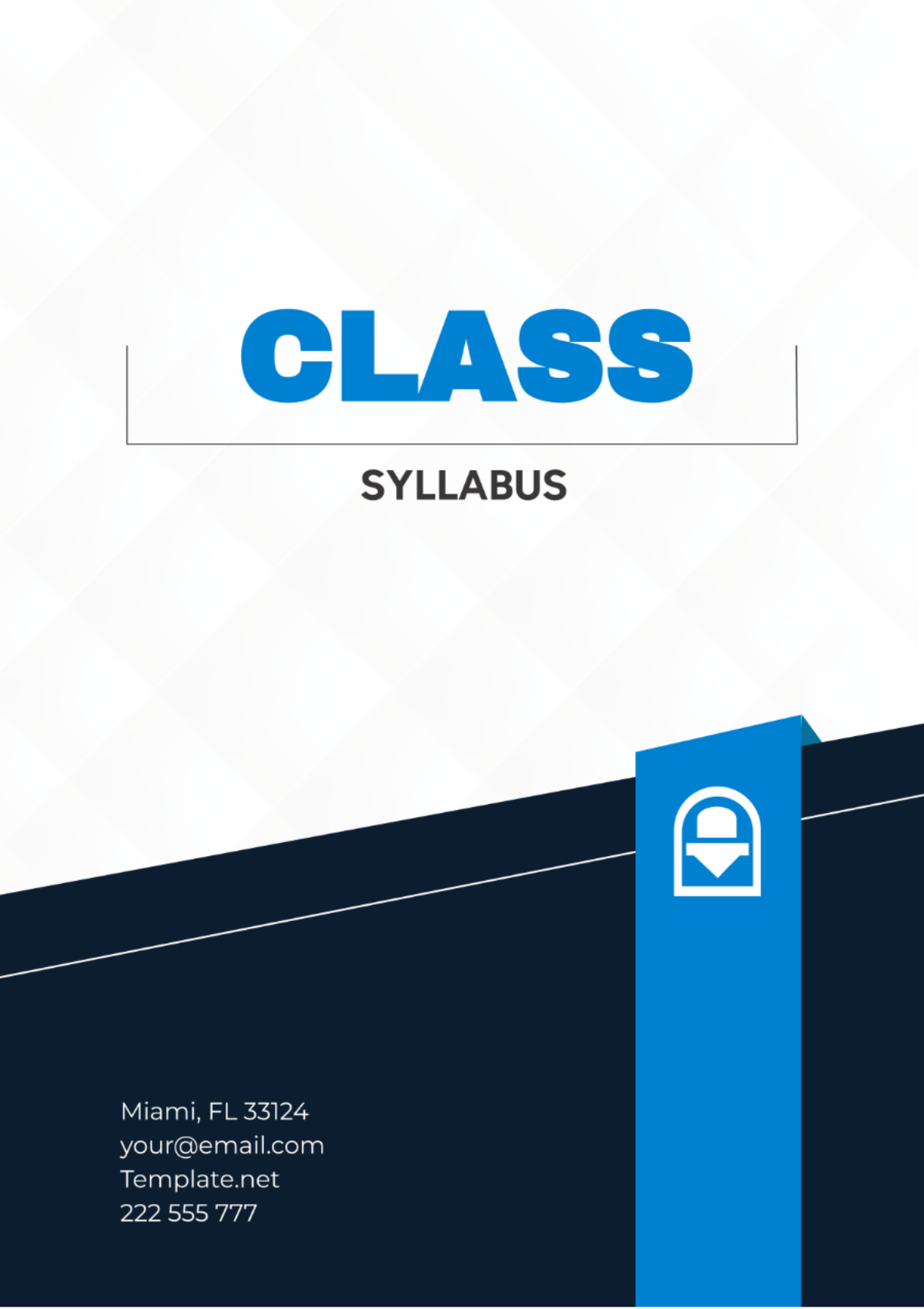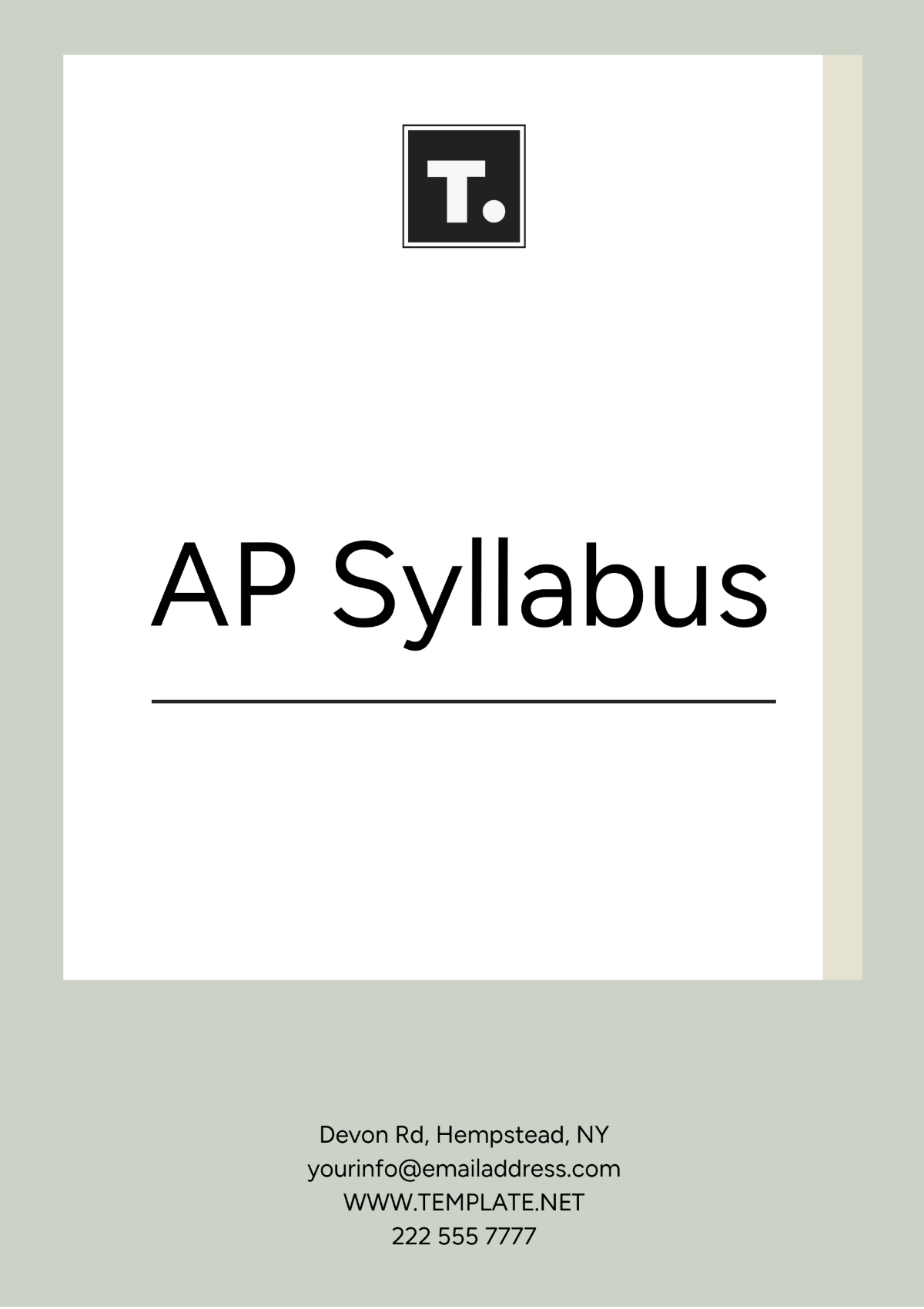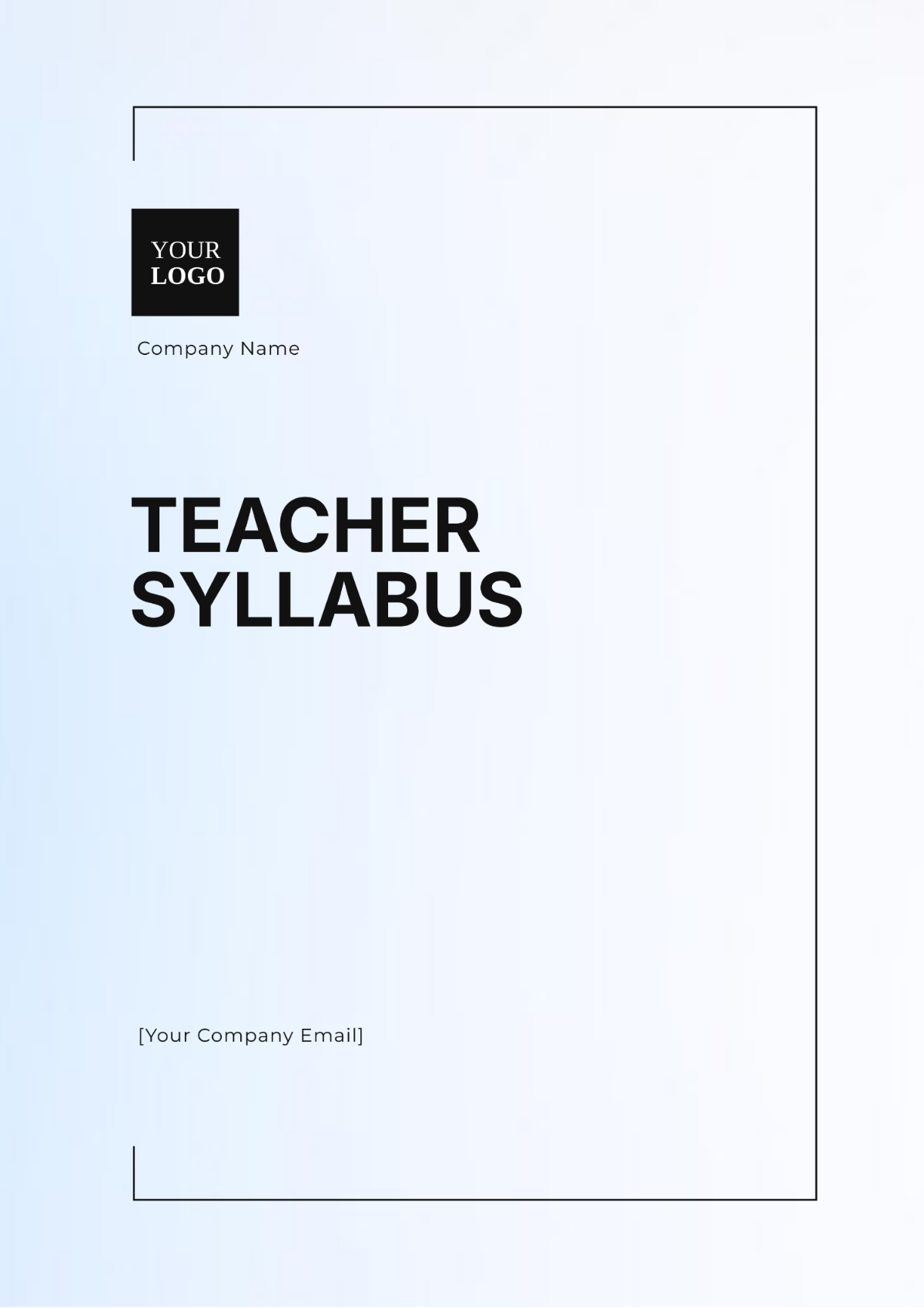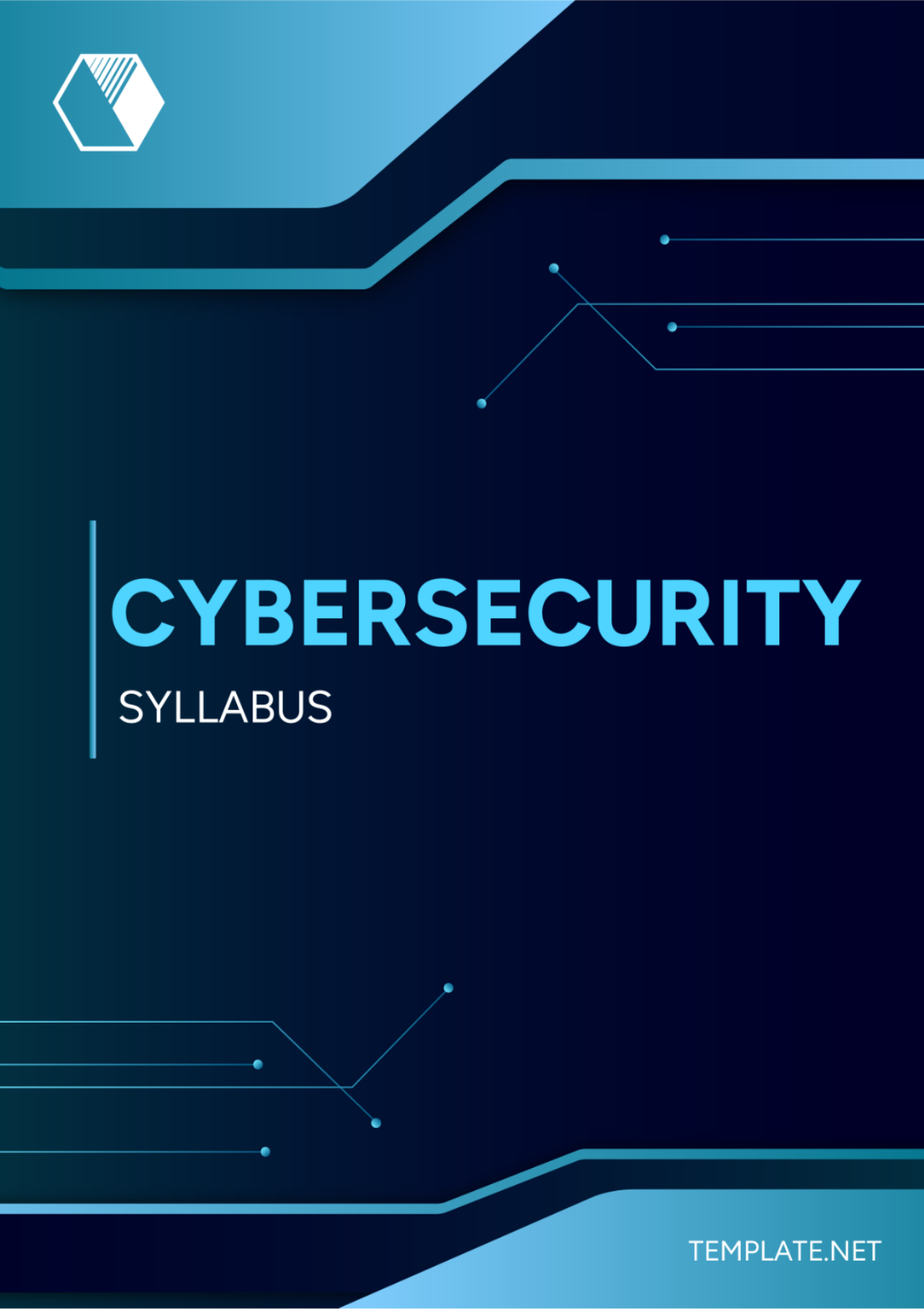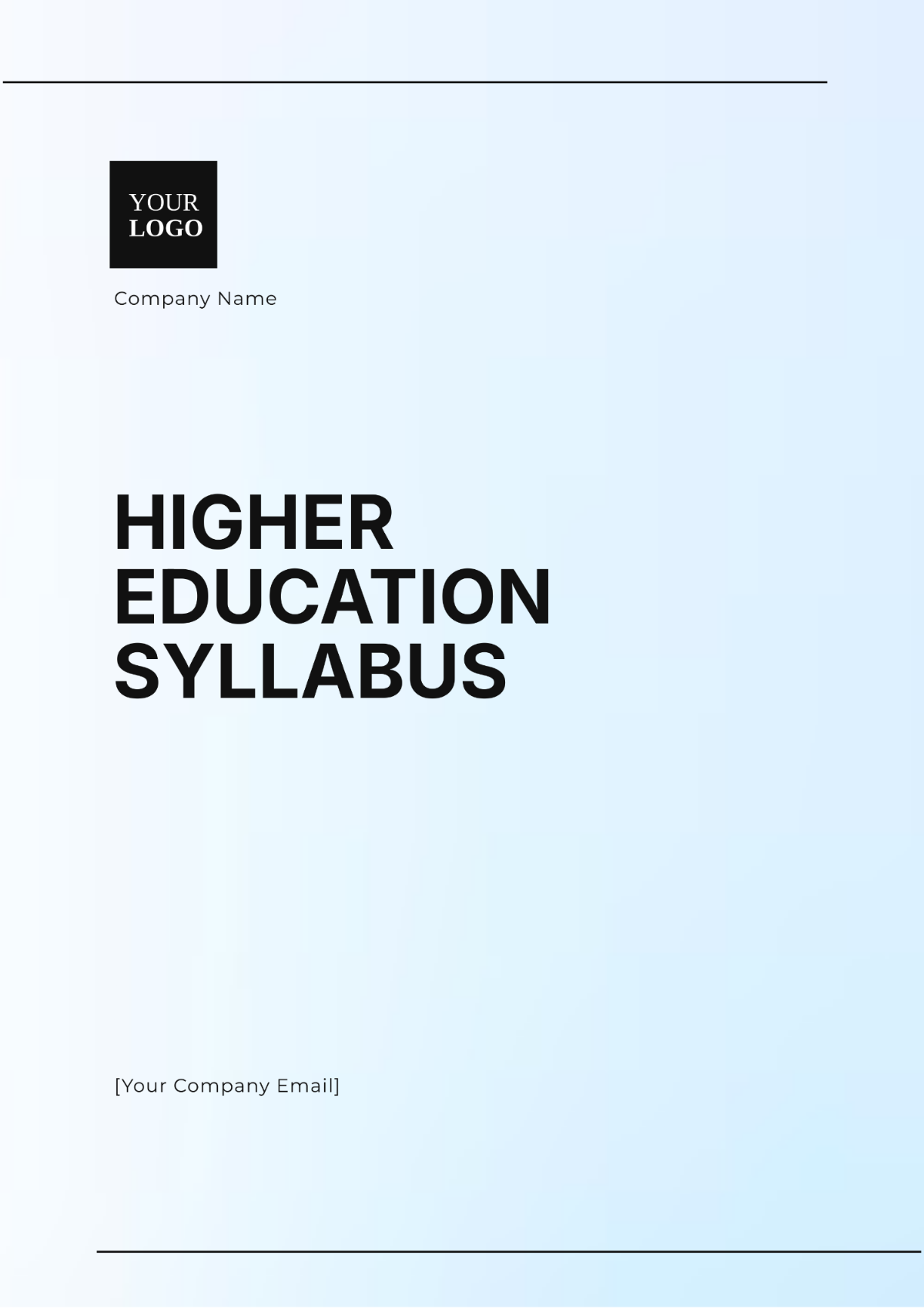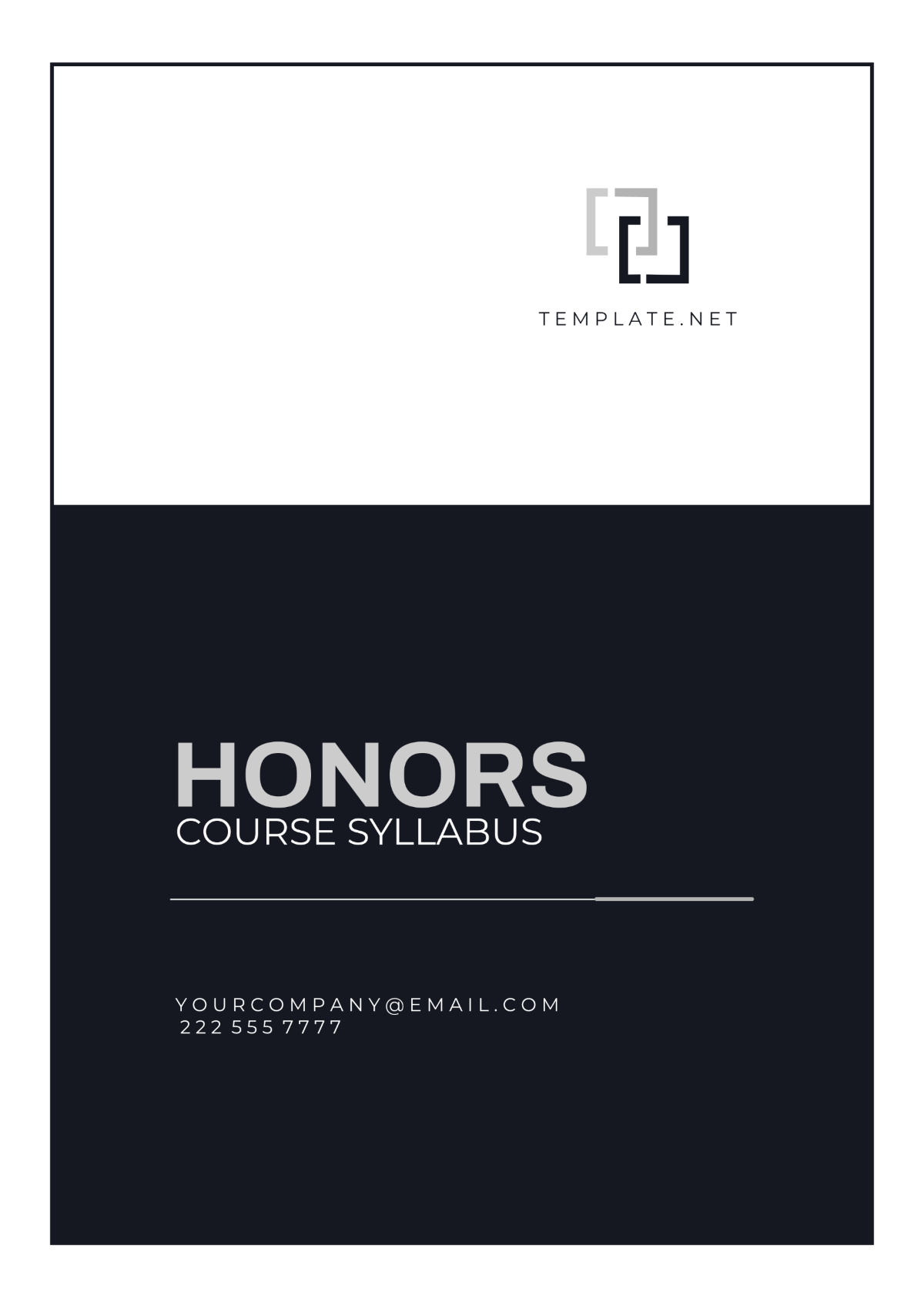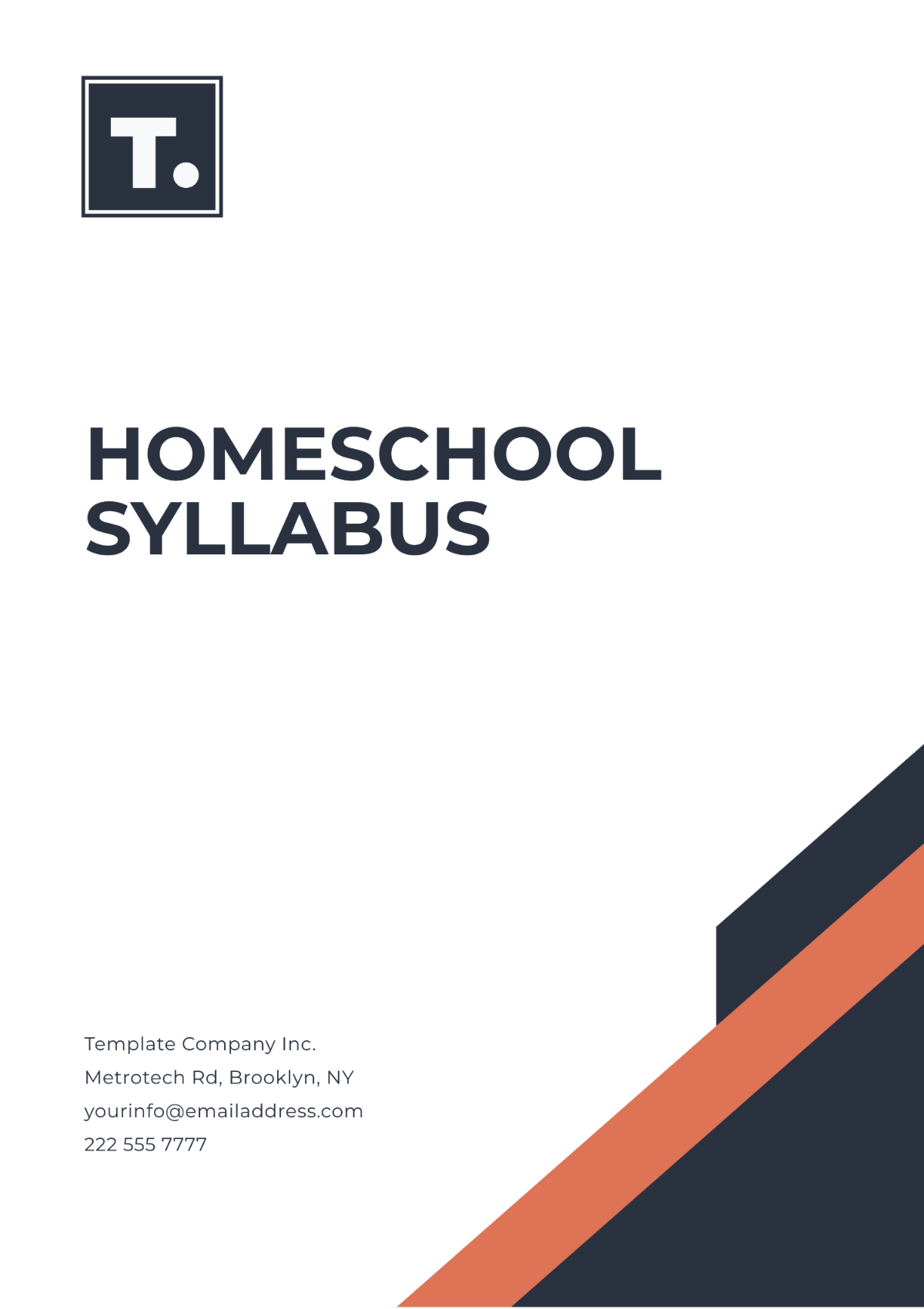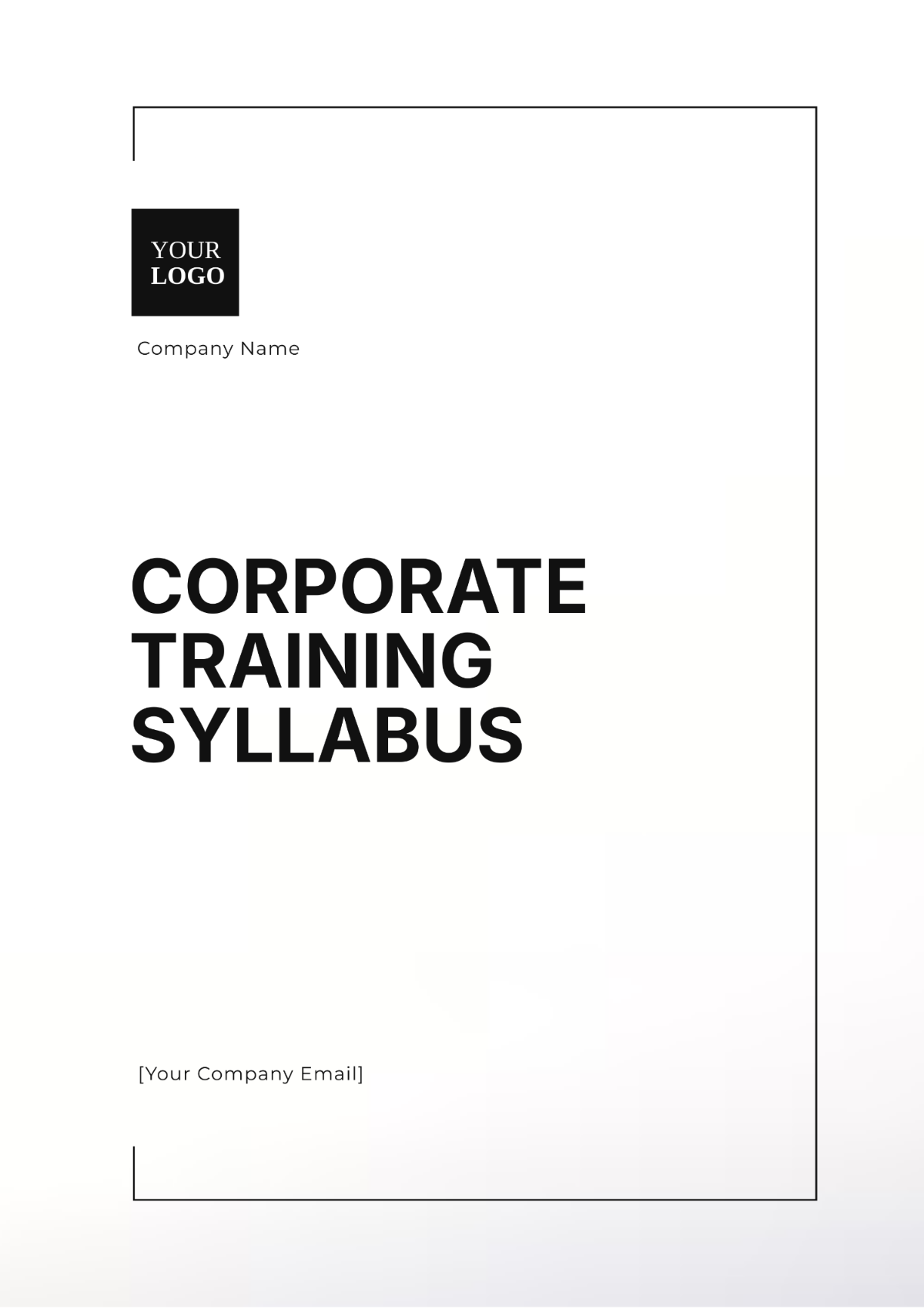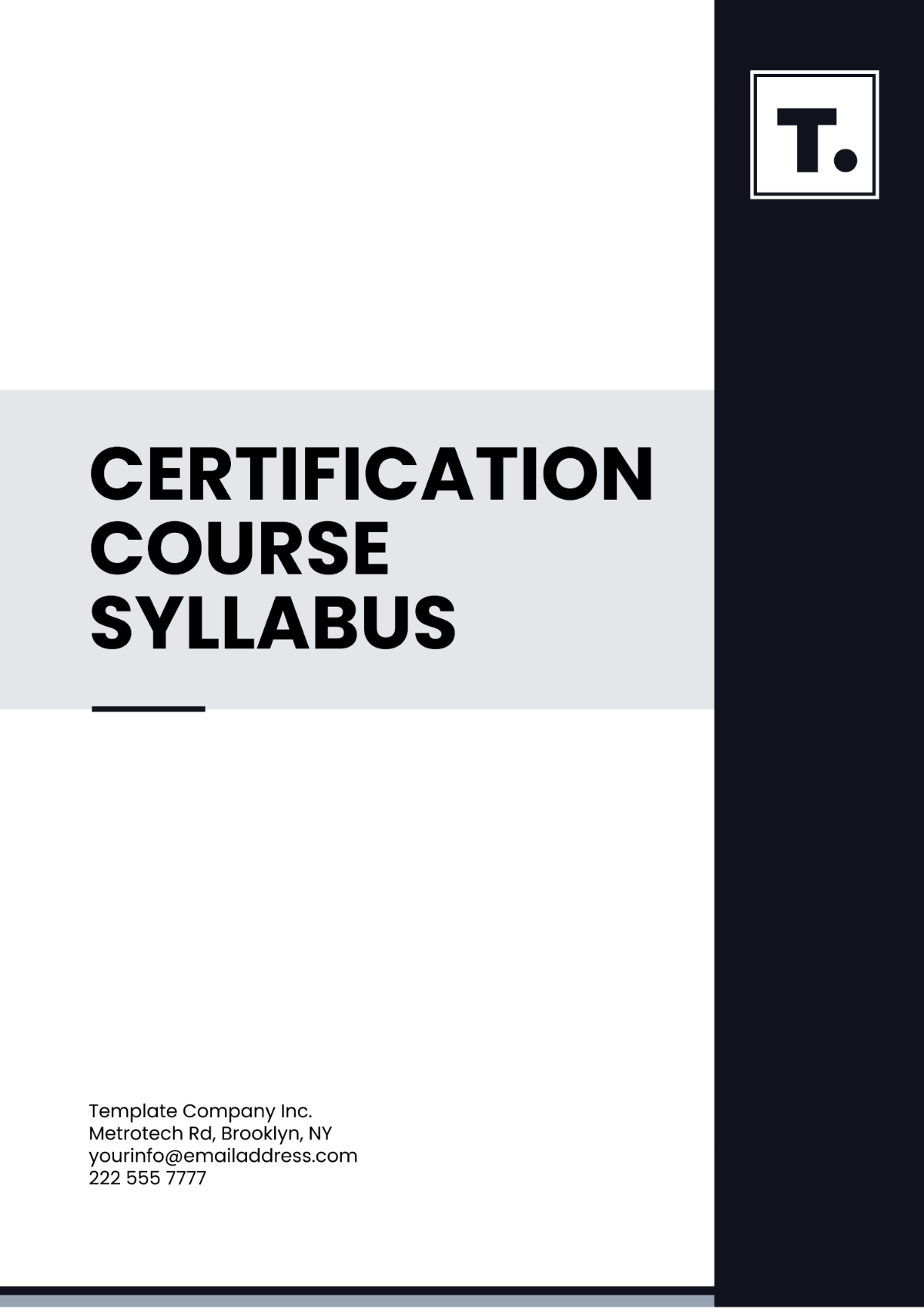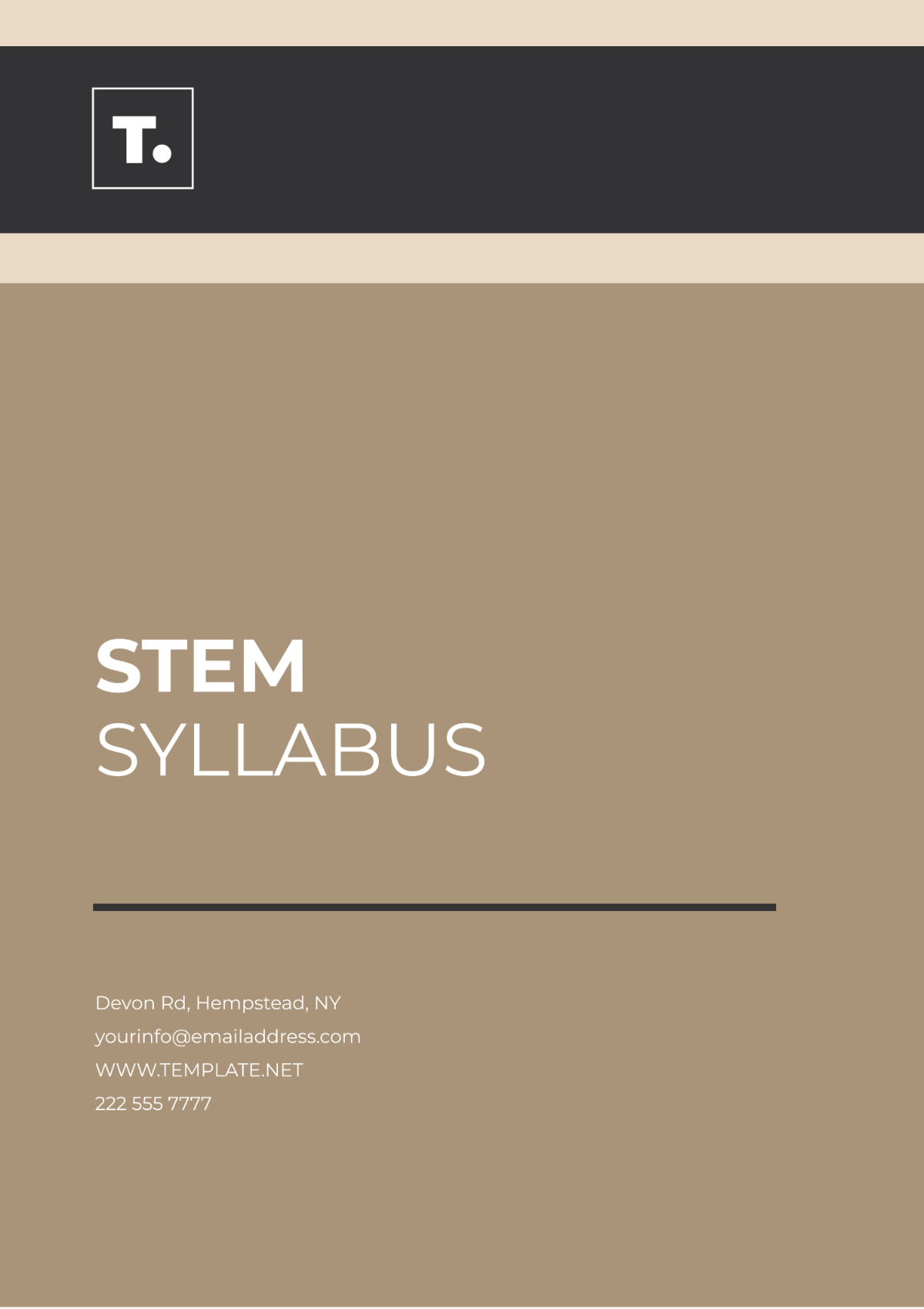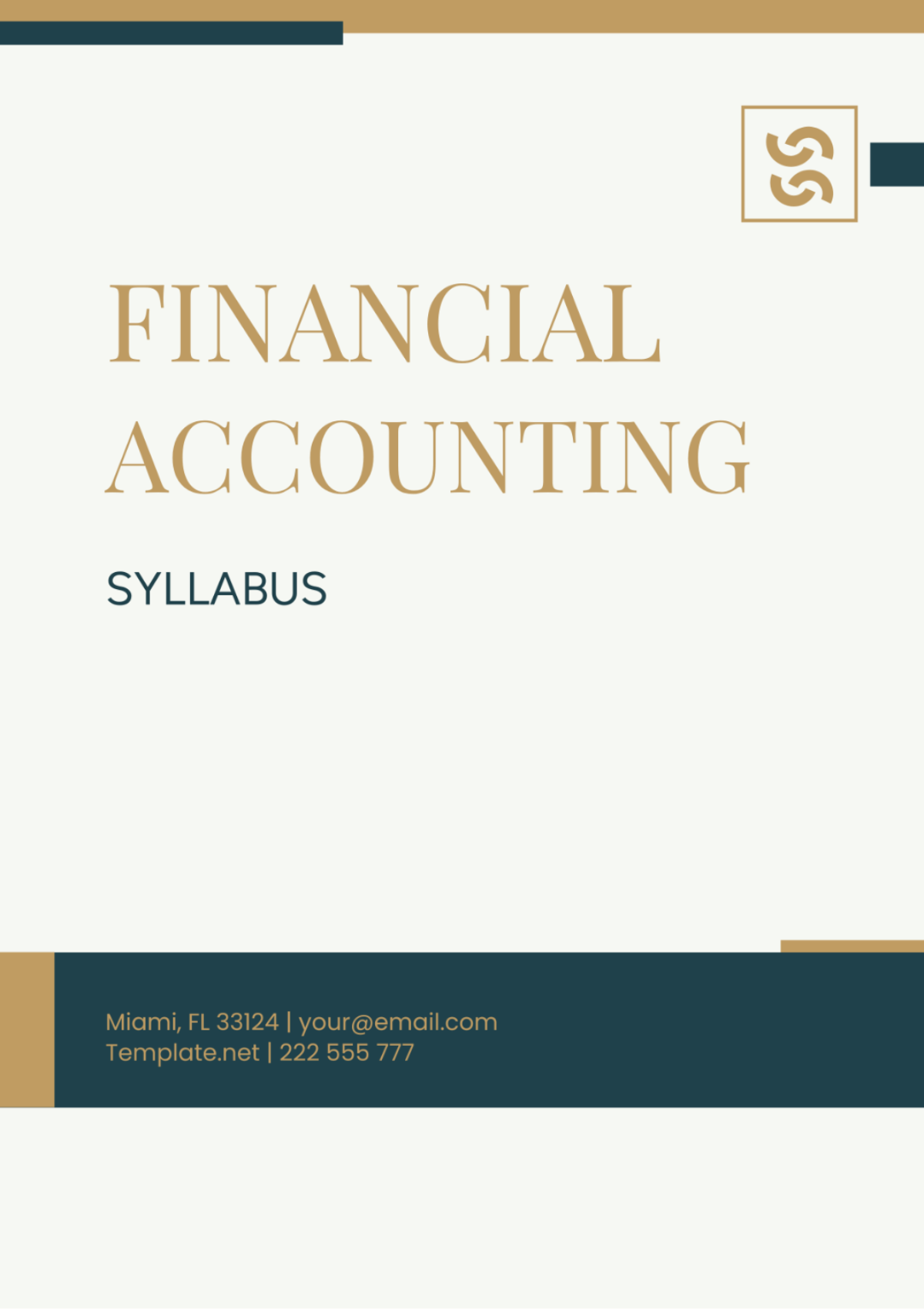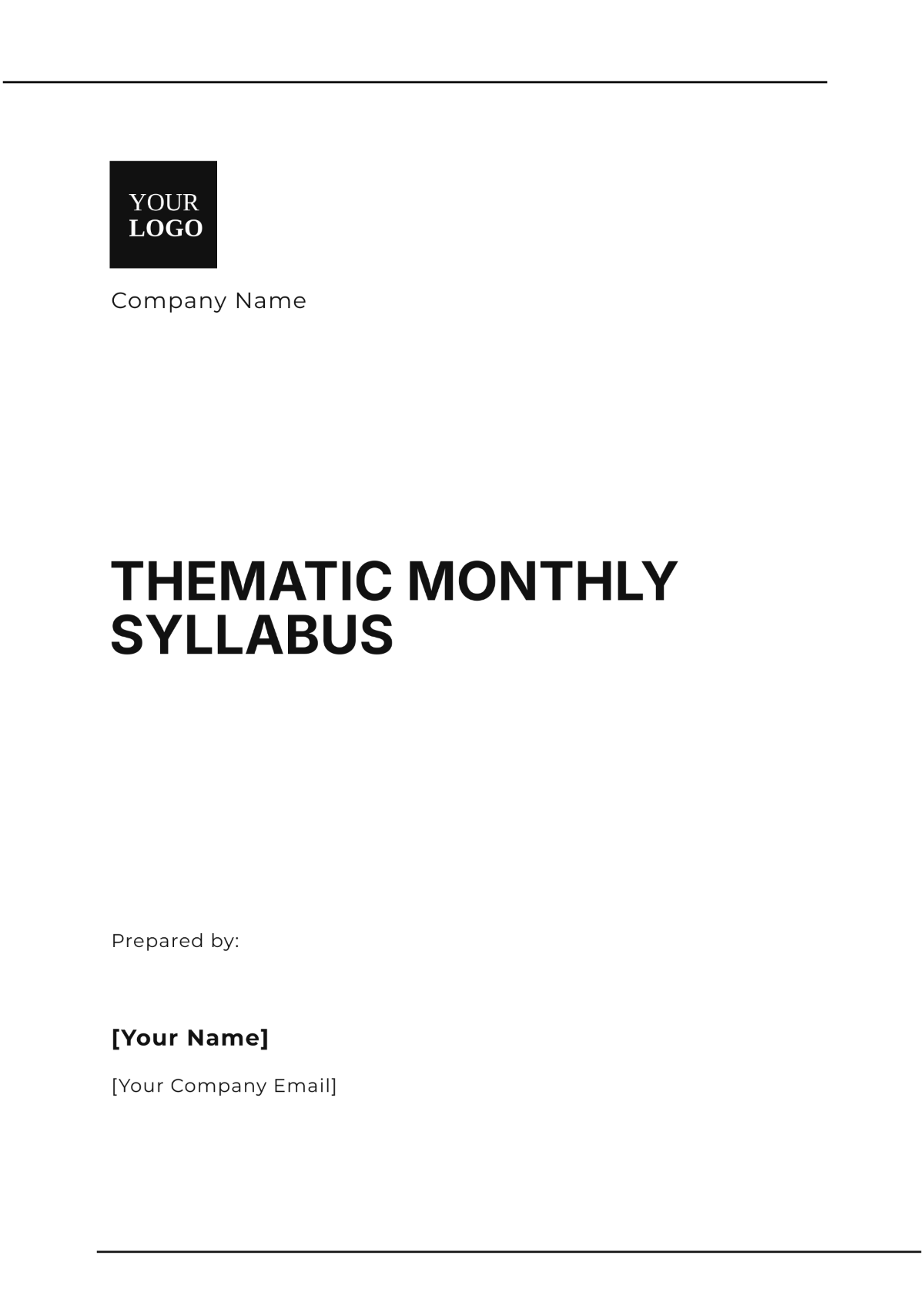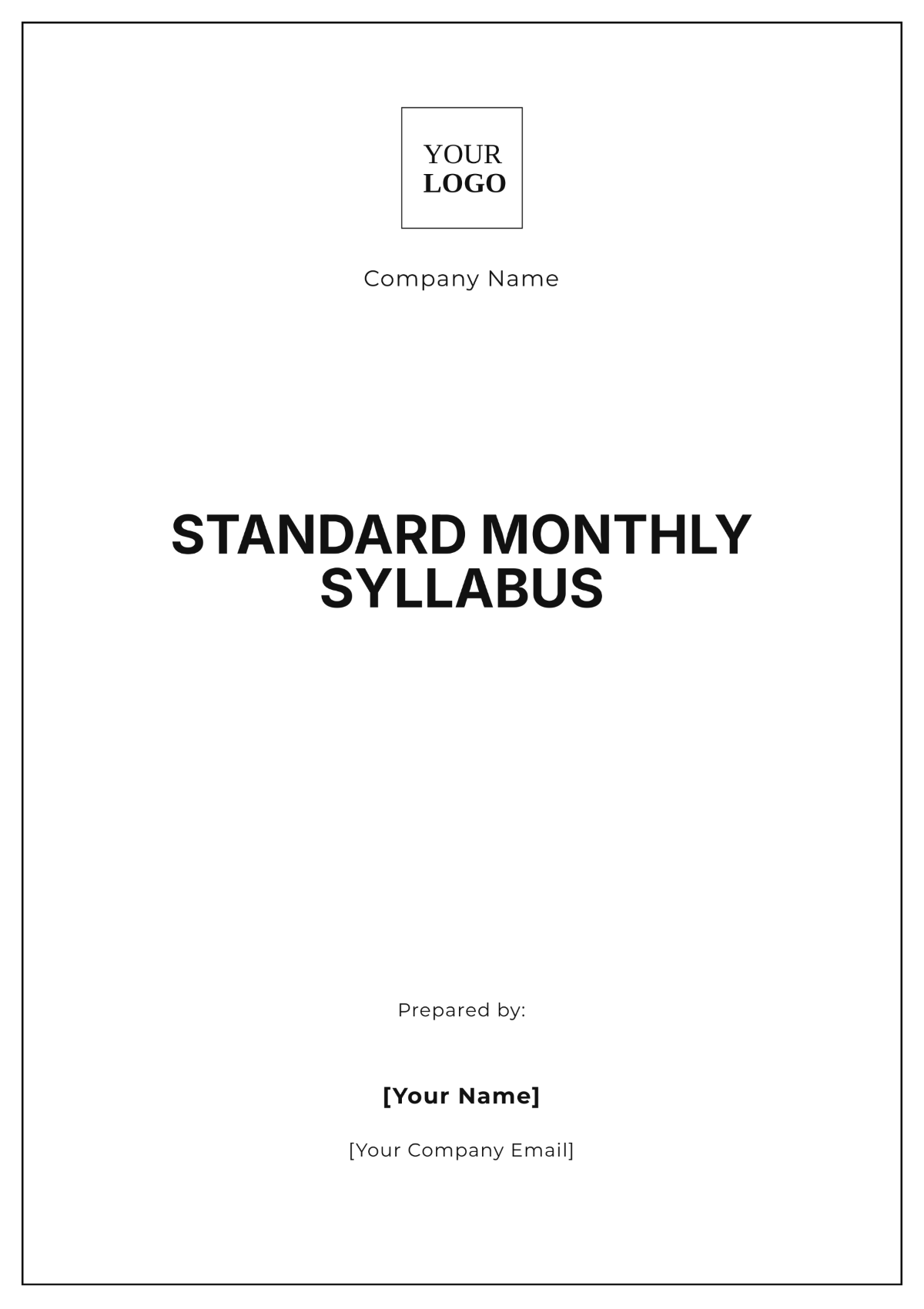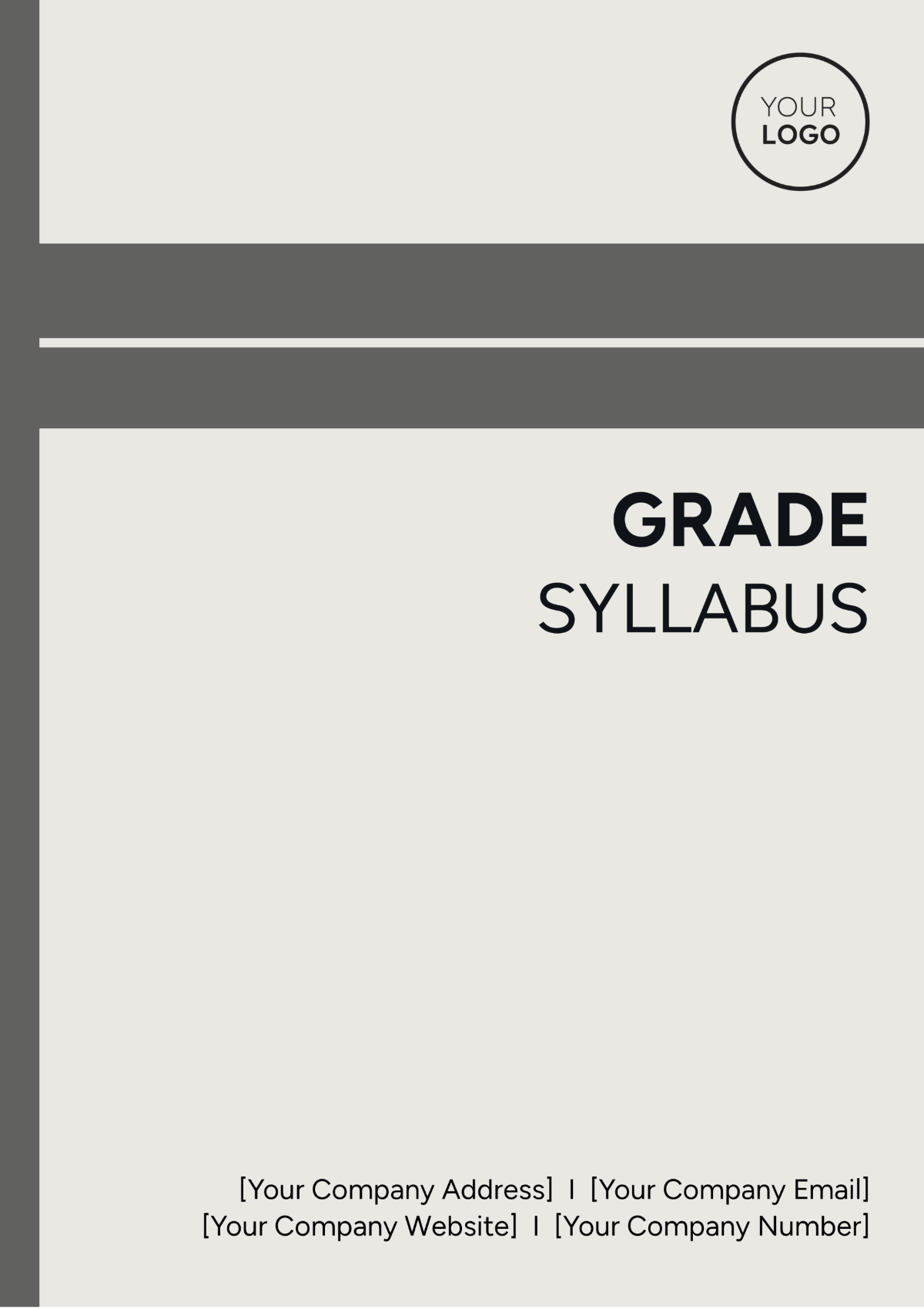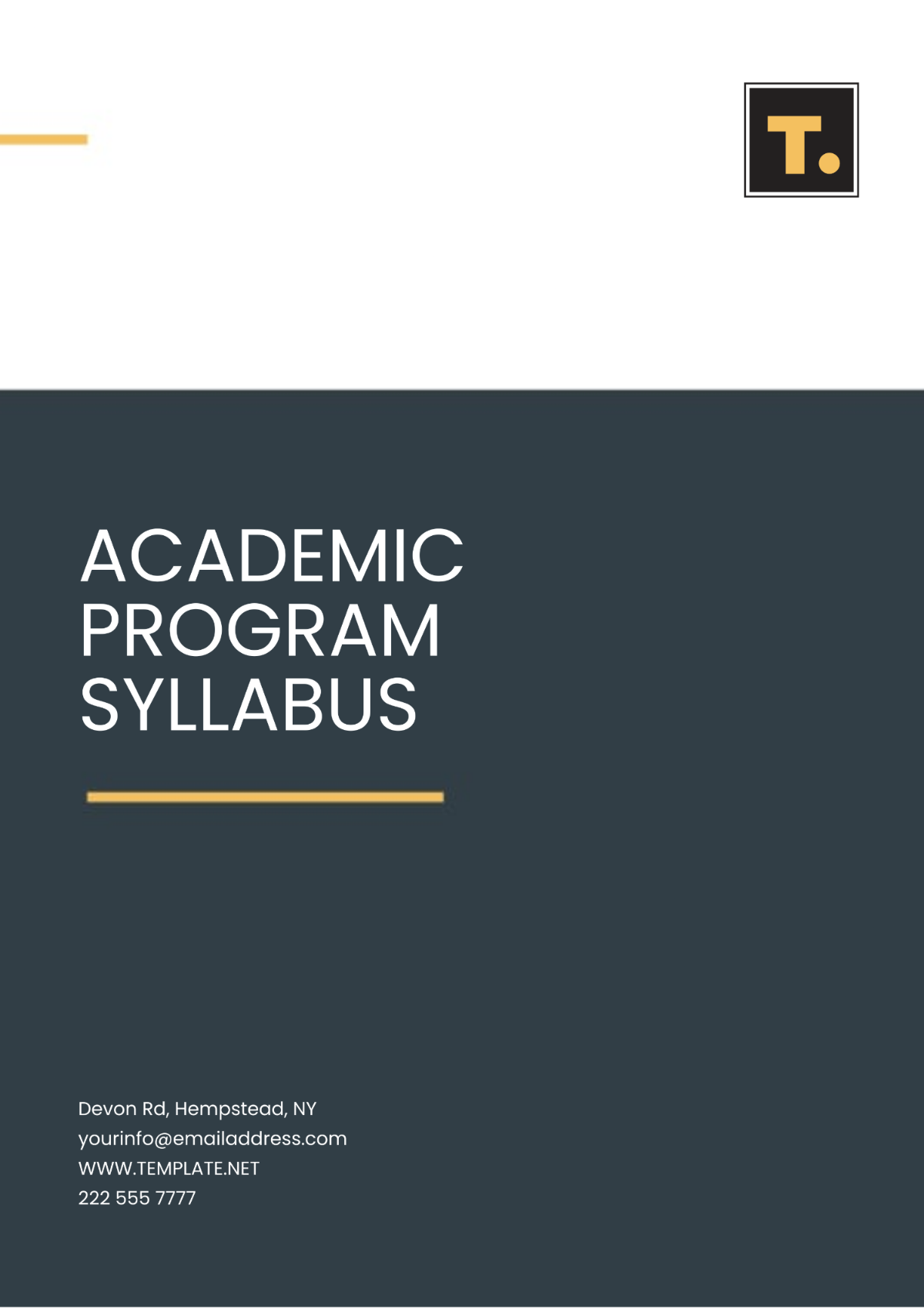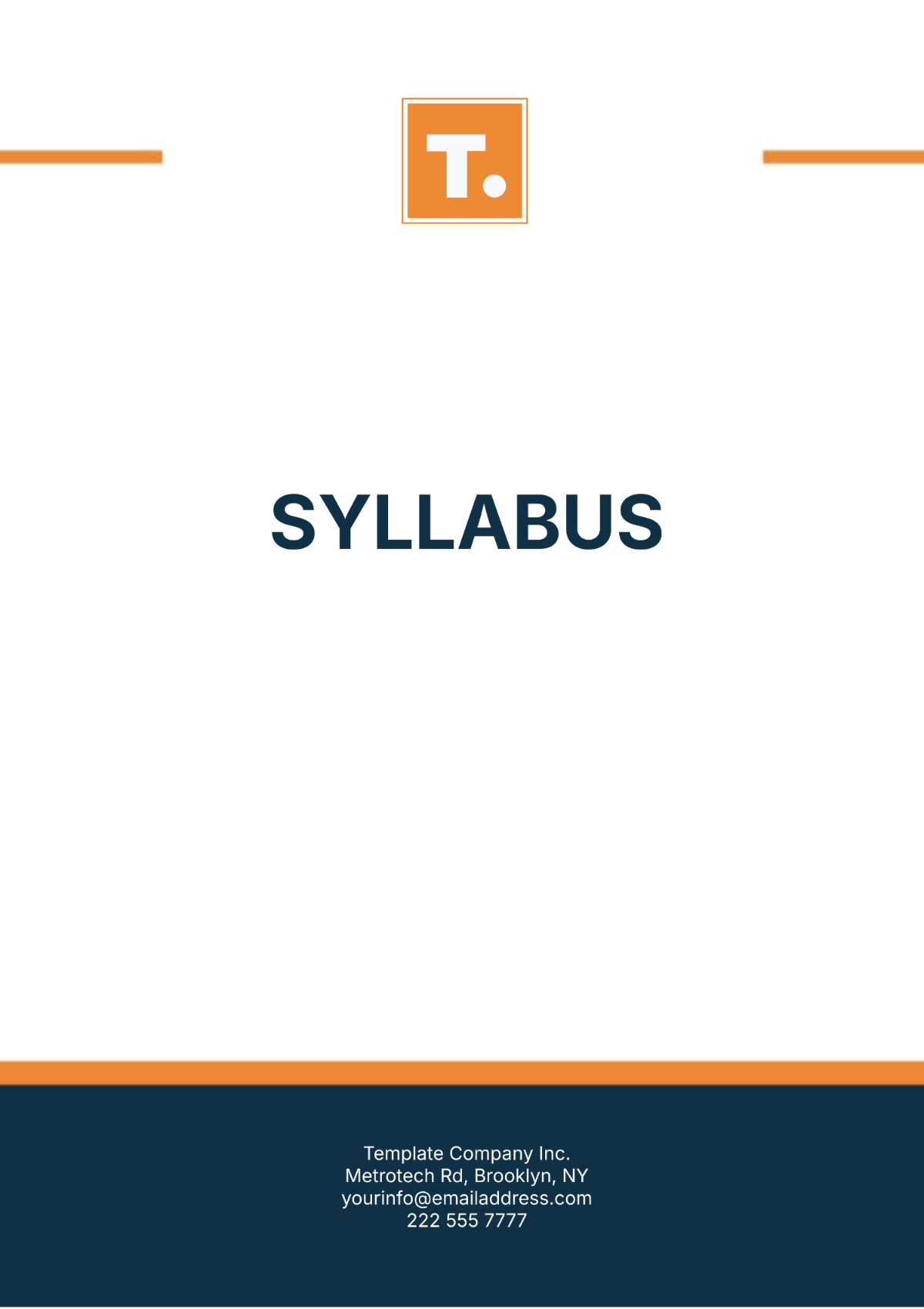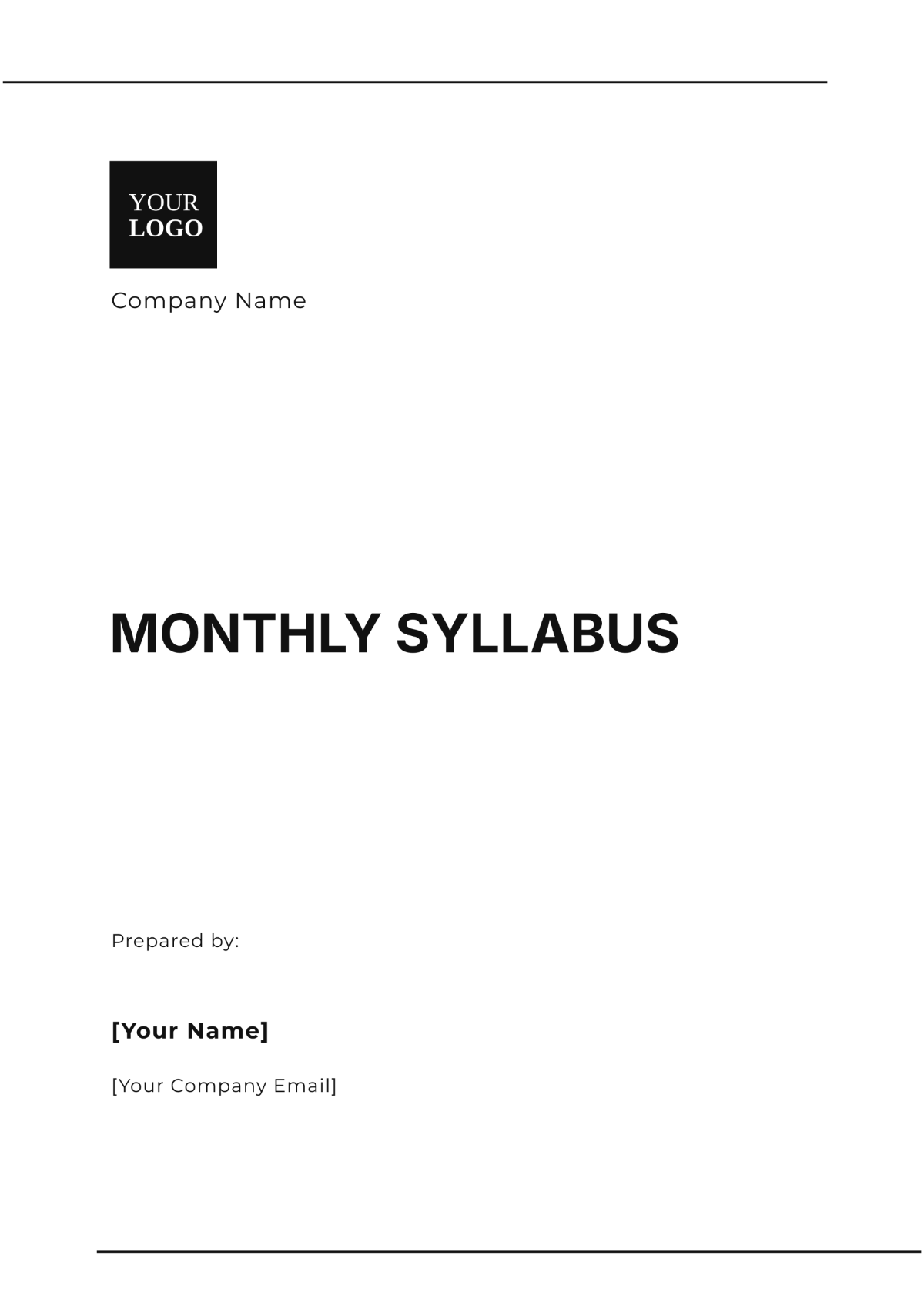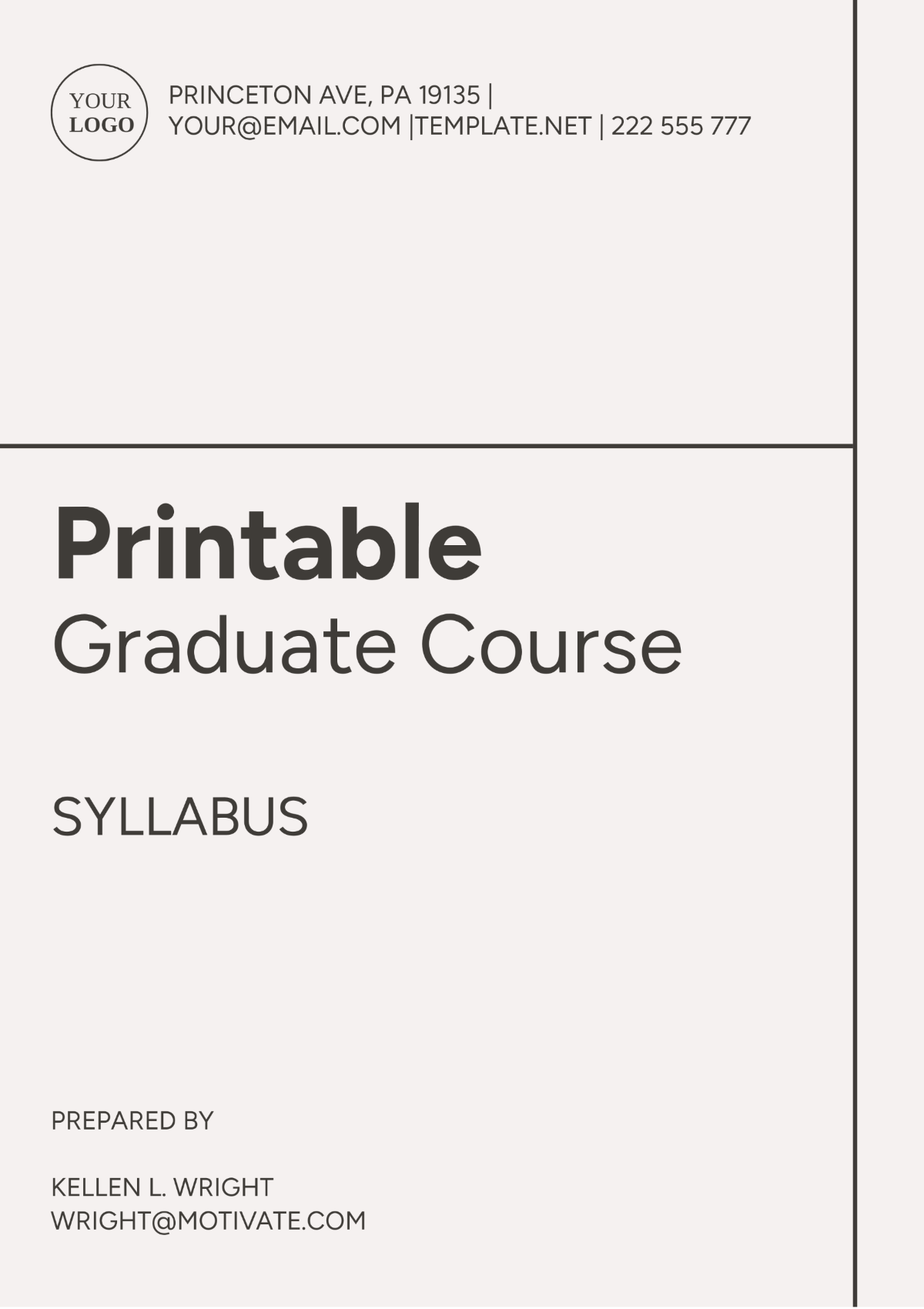Geometry Syllabus
Geometry Course
School Year | [SCHOOL YEAR] |
Course Code | [COURSE CODE] |
Instructor Name | [YOUR NAME] |
[YOUR EMAIL] | |
Office Hours | [OFFICE HOURS] |
Class Location | [CLASS LOCATION] |
Class Time | [CLASS TIME] |
Class Duration | [DATE] - [DATE] |
I. Course Title and Description
High School Geometry: Discovering Shapes and Space Around Us
This course is designed to strengthen students' understanding of the fundamental geometric concepts. It will touch on geometric shapes, theorems, postulates and proofs, solid figures, circles, and applications of geometry in real-world settings. Students will be encouraged to maximize their critical thinking and problem-solving skills to connect the lessons with tangible applications.
II. Instructor Information
Teacher: [TEACHER NAME]
Email: [TEACHER EMAIL]
III. Learning Objectives
Understand geometric concepts and properties
Apply critical-thinking skills to solve geometry problems
Recognize the significance of geometry in everyday life
Implement logical reasoning through geometric proofs
Analyze geometric shapes, their measurements, and relationships
IV. Course Schedule
Week | Topics | Activities |
|---|---|---|
1 | Introduction to Geometry |
|
2 | Points, Lines, and Angles |
|
3 | Triangles |
|
4 | Quadrilaterals and Polygons |
|
V. Required Reading and Materials
"Elementary Geometry for College Students" by Daniel C. Alexander and Geralyn M. Koeberlein
A compass and straightedge
A ruler and protractor
"Barron's Regents Exams and Answers: Geometry"
A geometry notebook for notes and drawings
VI. Assignments and Assessments
Weekly homework assignments for skills review
Monthly quizzes to measure concept understanding
Group projects to foster collaboration and collective problem-solving
Mid-term and end-of-term examinations for comprehensive assessment
Participation in class discussions
VII. Course Policy
Attendance: Regular attendance is crucial for understanding the course material. Missing more than three classes without a valid reason may affect your final grade.
Submission of assignments: All assignments must be submitted on the announced deadlines. Late submissions will receive a penalty.
Respectful classroom behavior: Any form of disrespectful behavior towards classmates, instructors, or staff will not be tolerated.
Academic honesty: Any form of cheating, plagiarism or dishonest academic behavior will have serious consequences, possibly resulting in a failing grade for the course.
Use of electronics: Cell phones, tablets, music players, or any other non-academic electronic devices are not allowed during class hours. Laptops for taking down notes are allowed.
VIII. Grading Policy
Criteria | Percentage |
|---|---|
Assignments | 30% |
Participation in Class Discussions | 20% |
Quizzes | 20% |
Group Projects | 10% |
Midterm | 10% |
Final Exam | 10% |
Total | 100% |
Disclaimer
This syllabus serves as a comprehensive guide for the course. However, it should be noted that it is subject to change. Students will be provided with an advance notice should any alterations occur.

